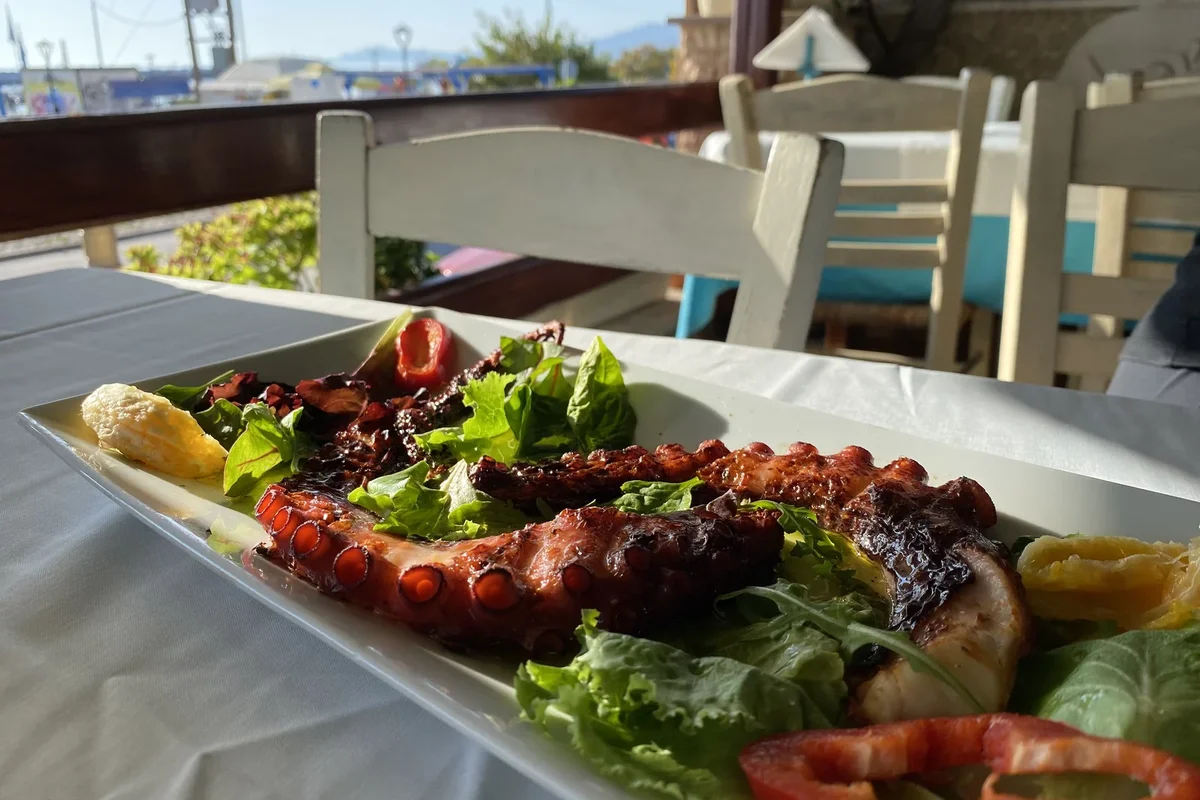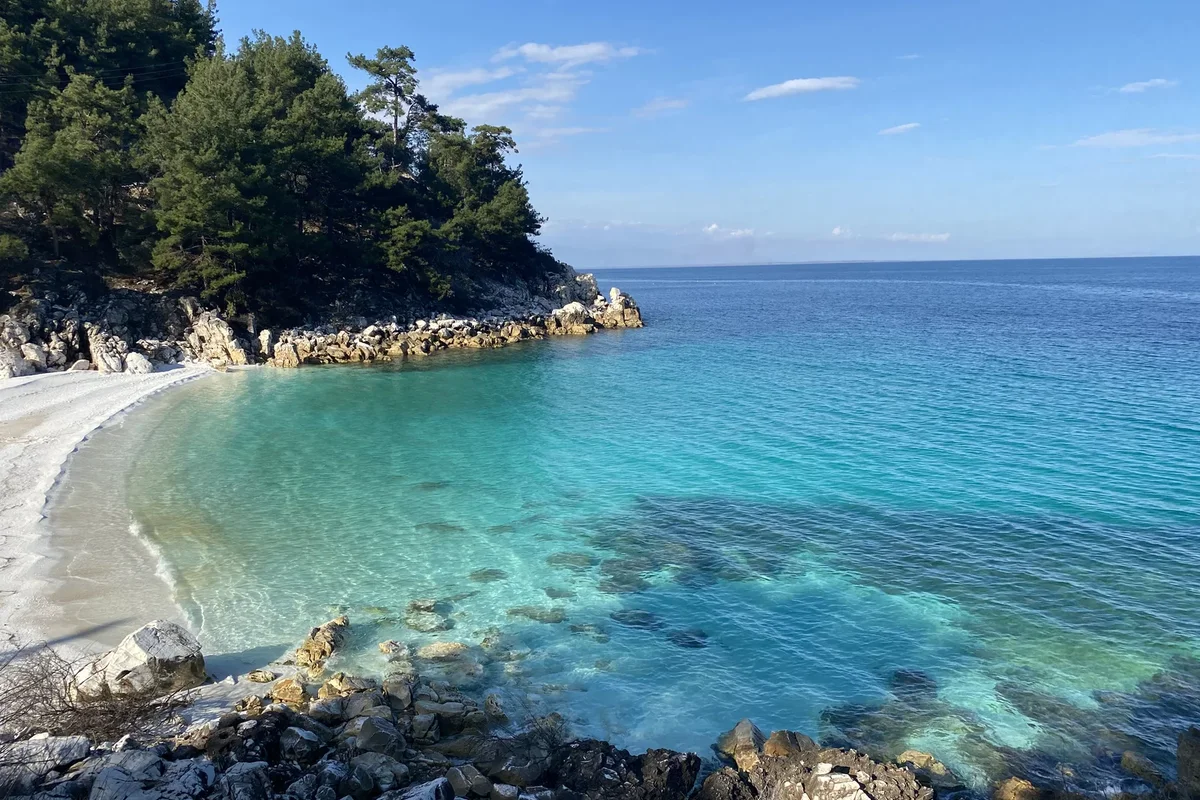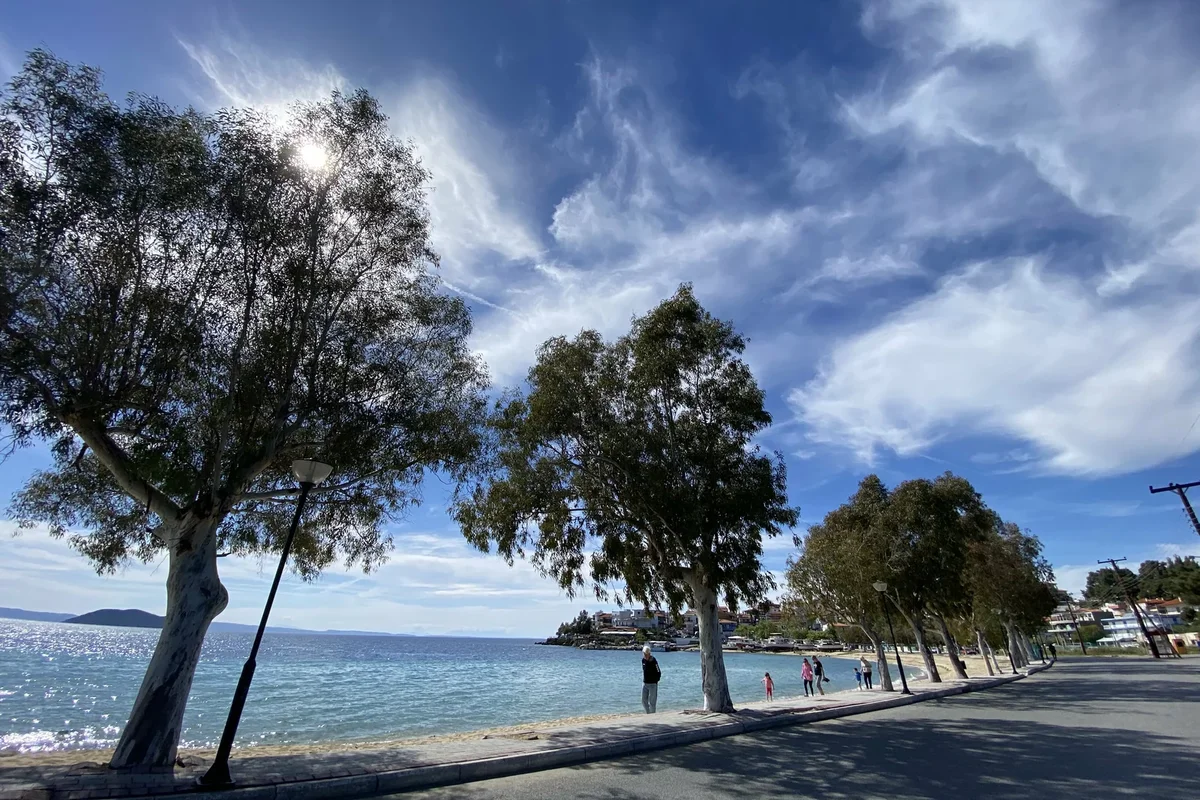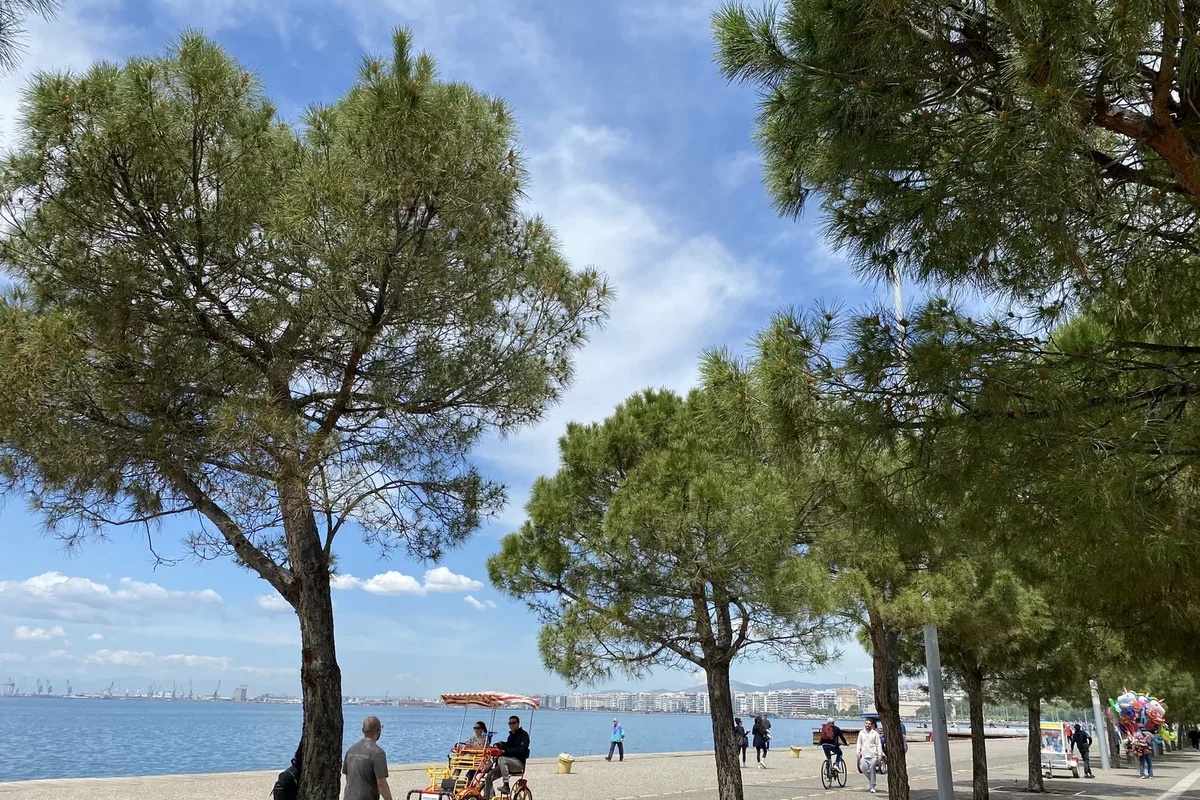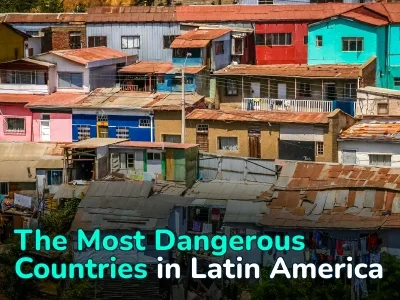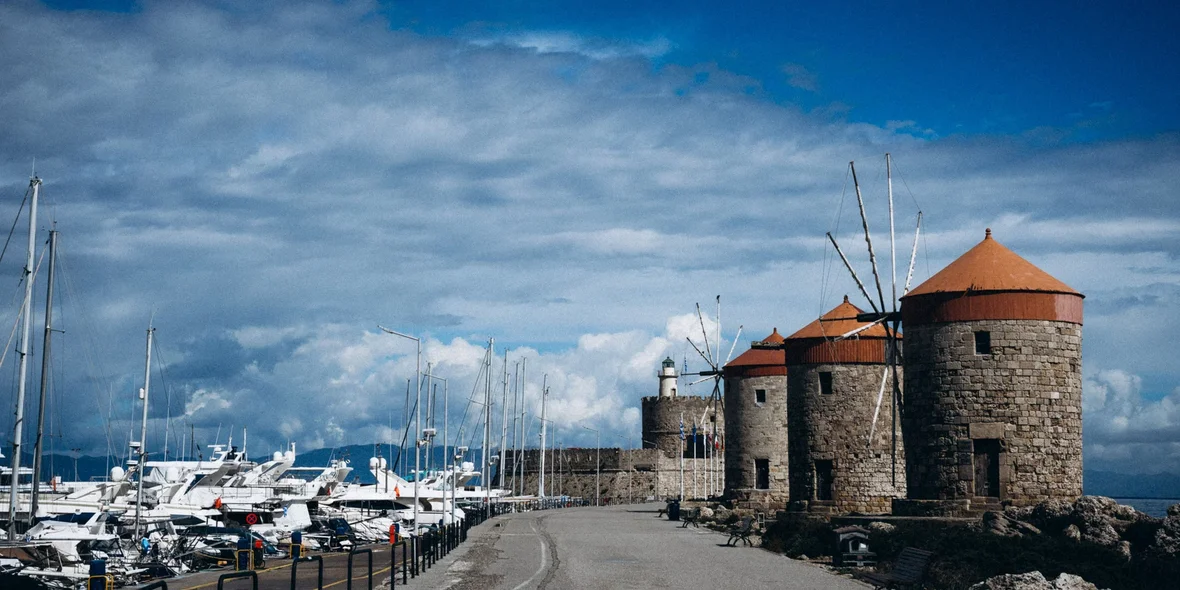
Features of Life in Greece on the Mainland and on the Island
Anna and Ilya, the two participants of our interview, have settled in different parts of Greece in recent years. Anna and her husband moved to the island of Kos, and Ilya and his wife have been living in Thessaloniki for about a year and a half. They will talk about the pros and cons of life in this sunny country.
People here are open, smiling and loud.
About adaptation and features of life on a Greek island
— My name is Anna, I’m 25 years old. In the fall of 2023, my husband, my cat, and I changed our situation — we moved to Greece. True, before that we lived in Georgia for several years, so we already had experience of living abroad. And we are originally from Belarus.
I have several higher education degrees related to education and tourism, but recently I have been working as a photographer. I specialize in natural photography of portraits and love stories.
In the future, I want to cooperate with local travel agencies, hotels and restaurants, creating professional photo and video content for them. And, of course, I continue to conduct personal photography, including weddings and love stories.
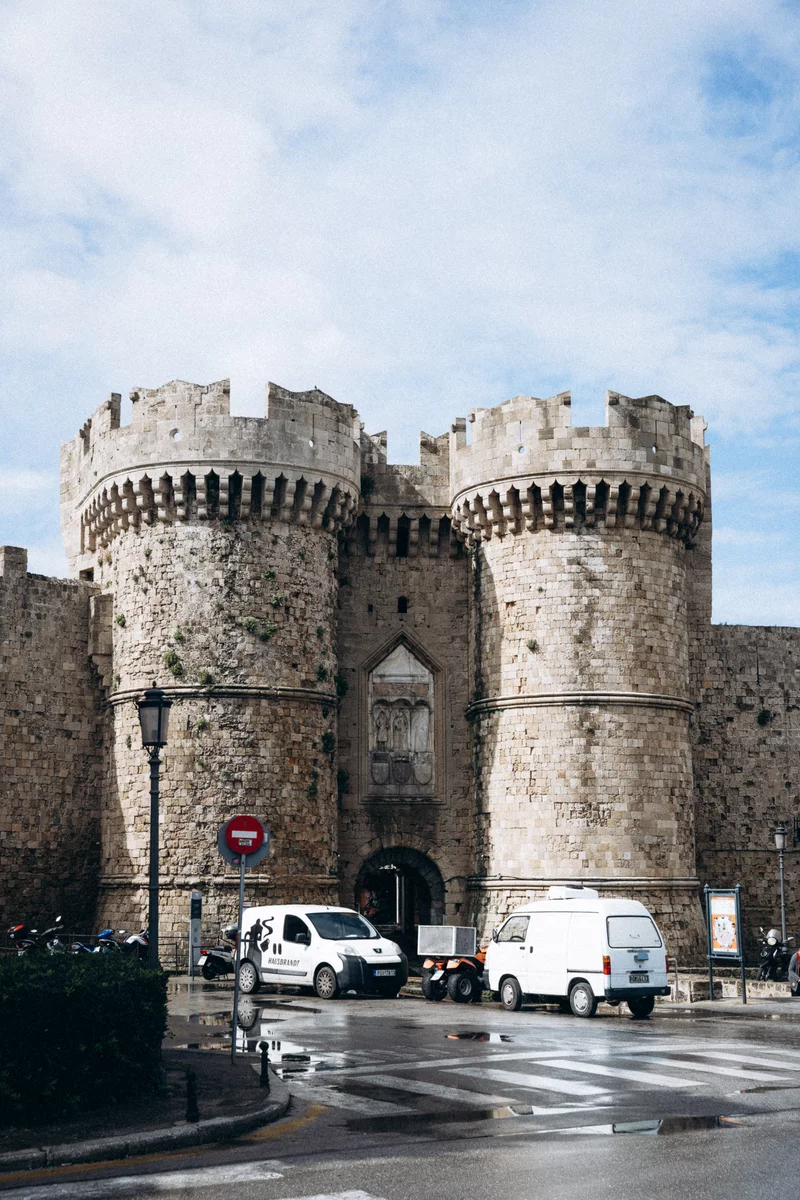

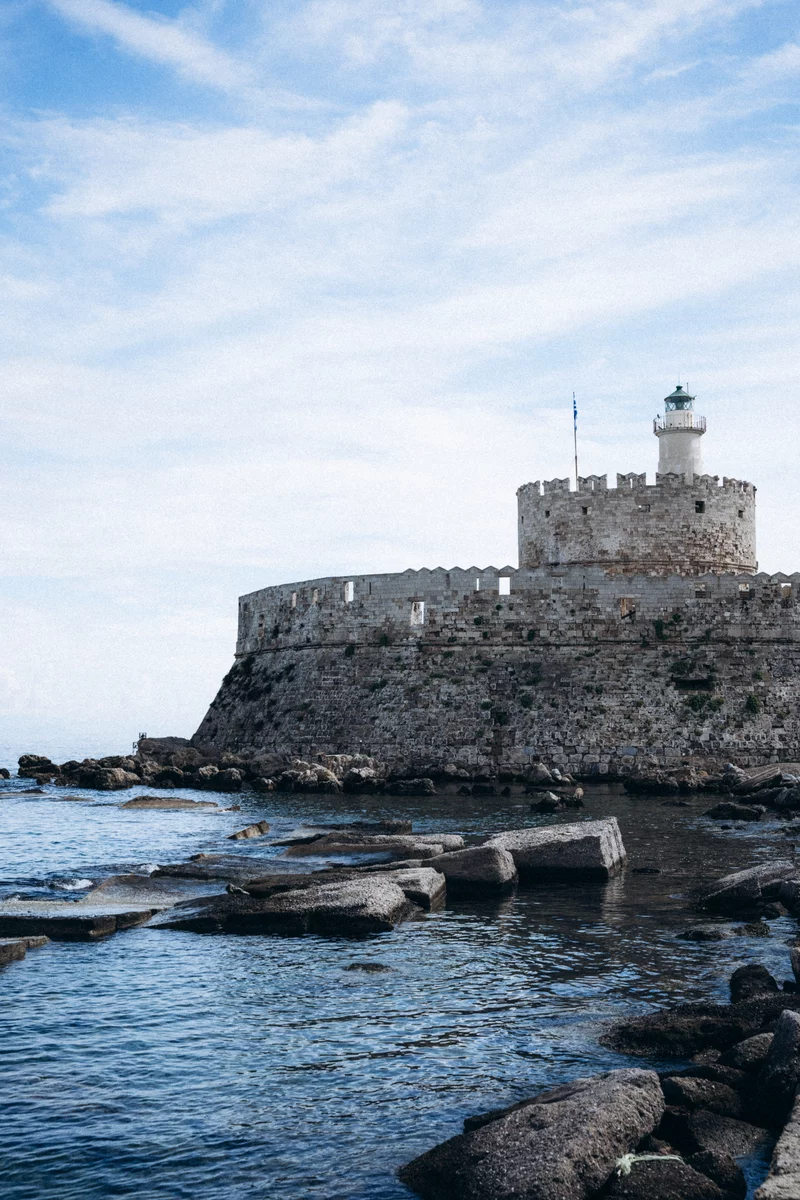
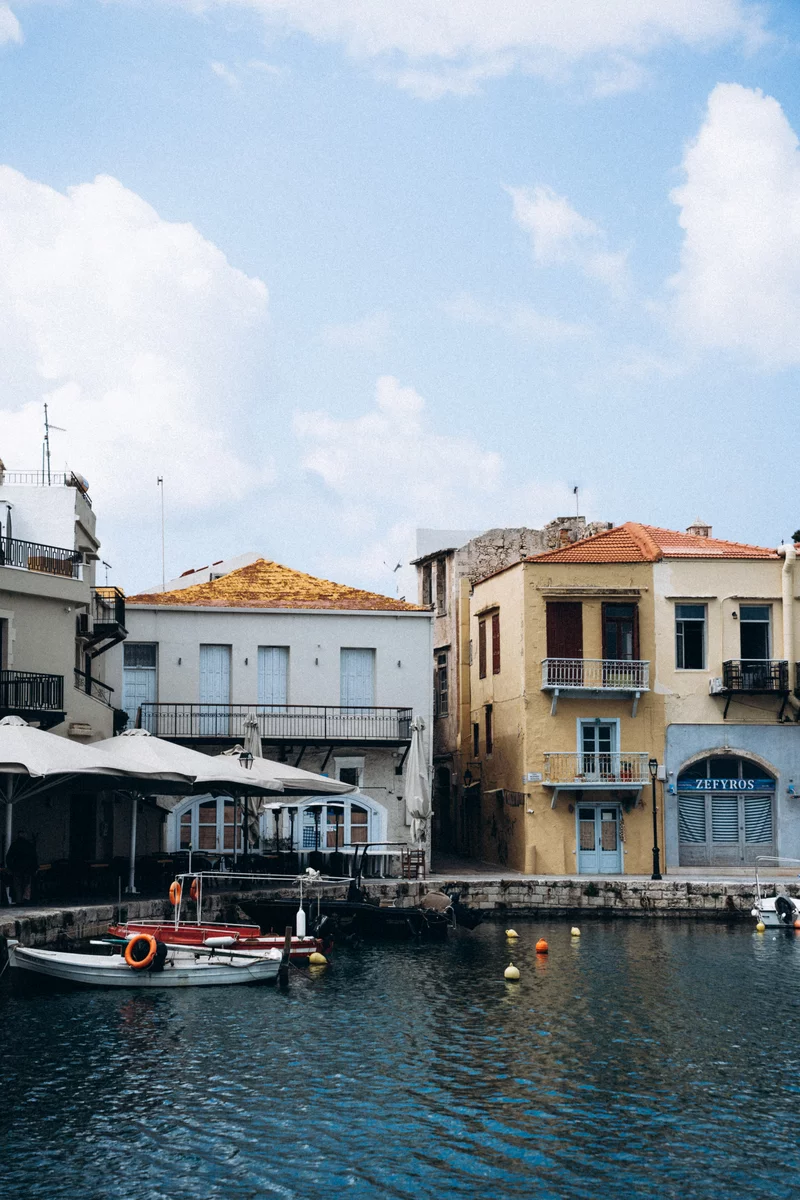
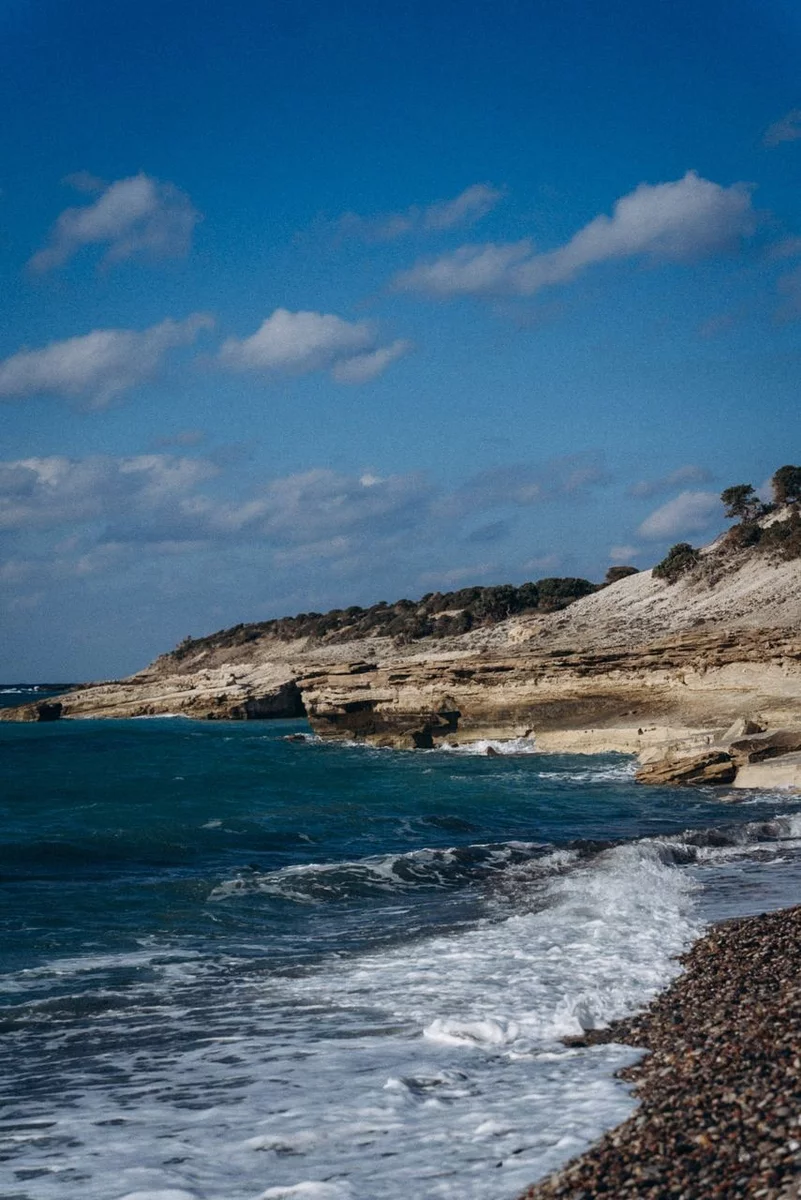
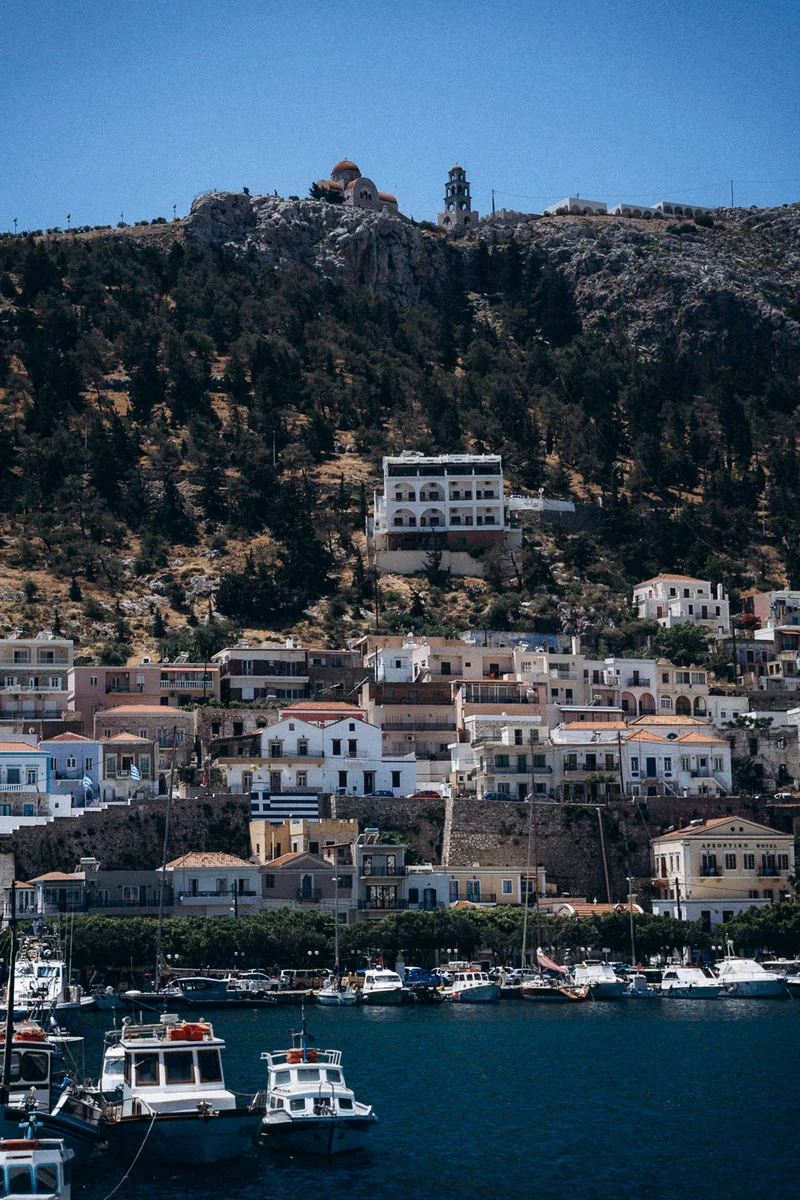
— Now we have settled on the island of Kos, in a small village near Marmari. These are literally a few houses overlooking mountains and fields, about 20 km from the nearest town. In a word, silence, peace and beautiful nature.
The experience of living on an island, I think, is very different from living on the mainland. There is a bus between the cities several times a day, but without your own transport it is still difficult. There are shops and generally everything you need.
On weekends, we try to explore the island, cities, natural and historical attractions. Marmari beach, the village of Ziya and thermal springs have become favorite places on the island.
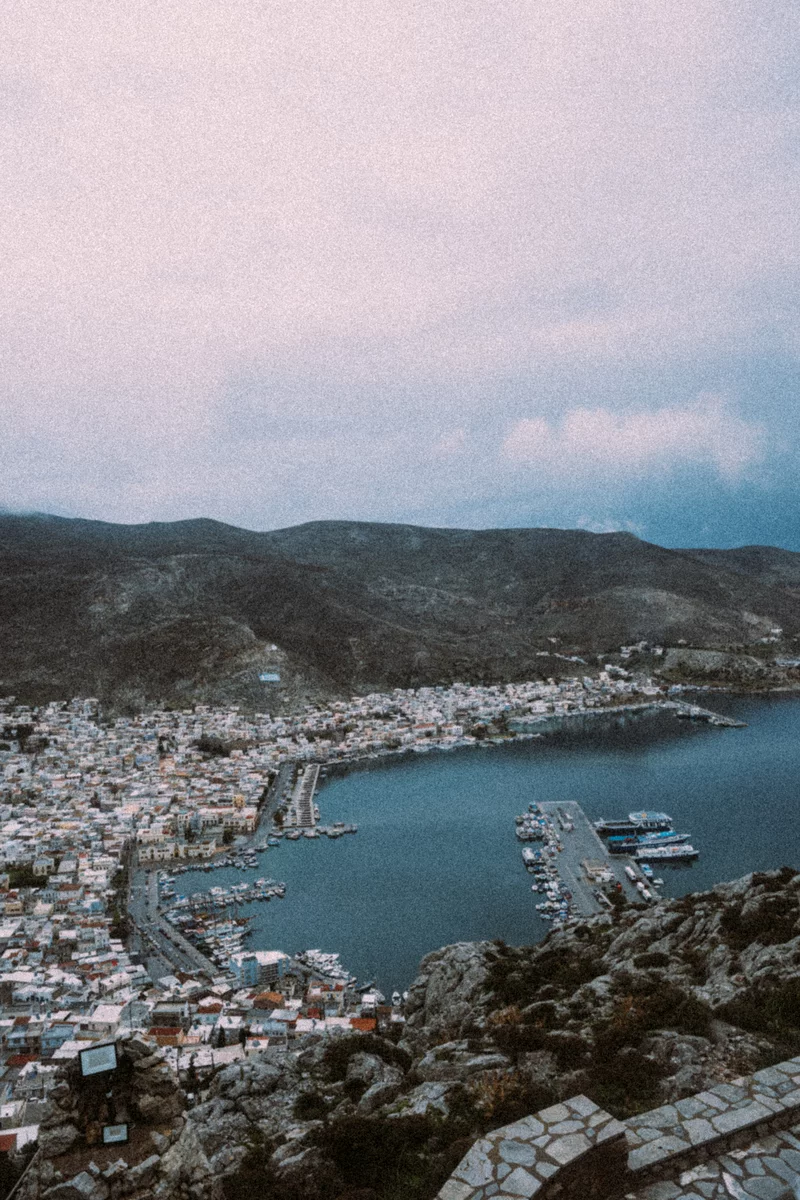
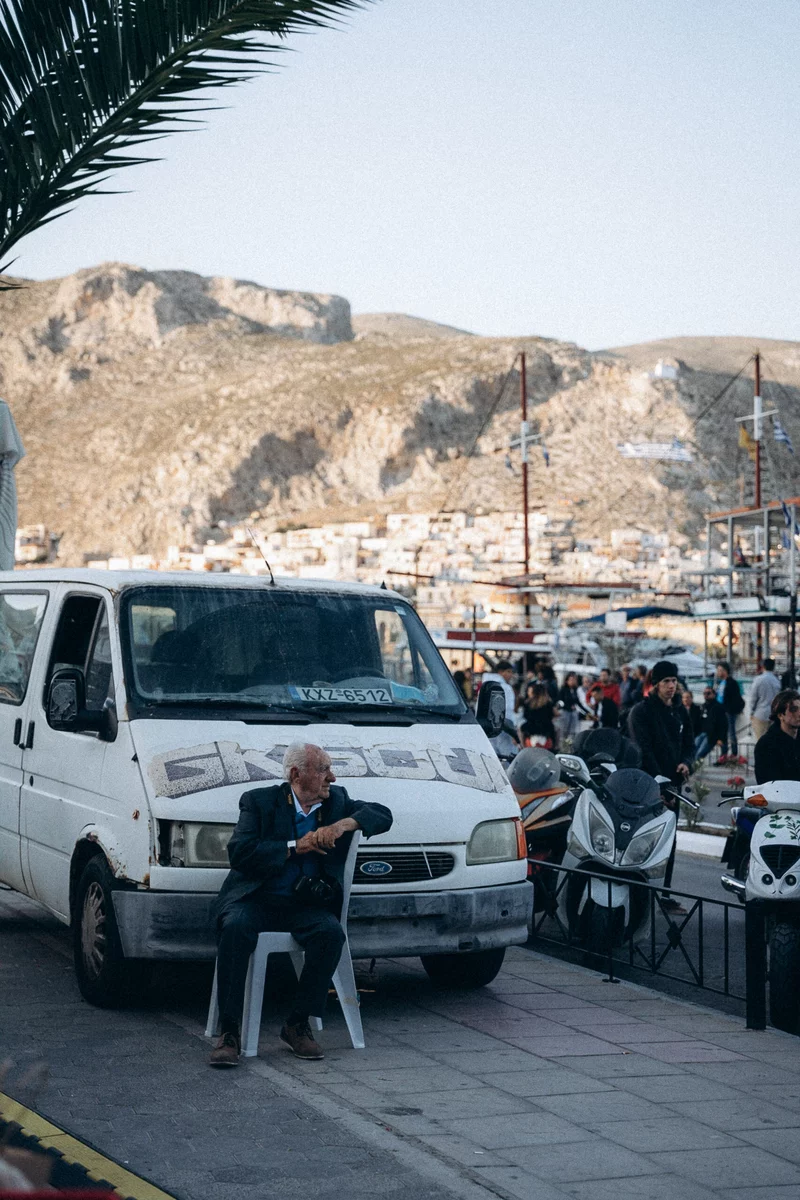
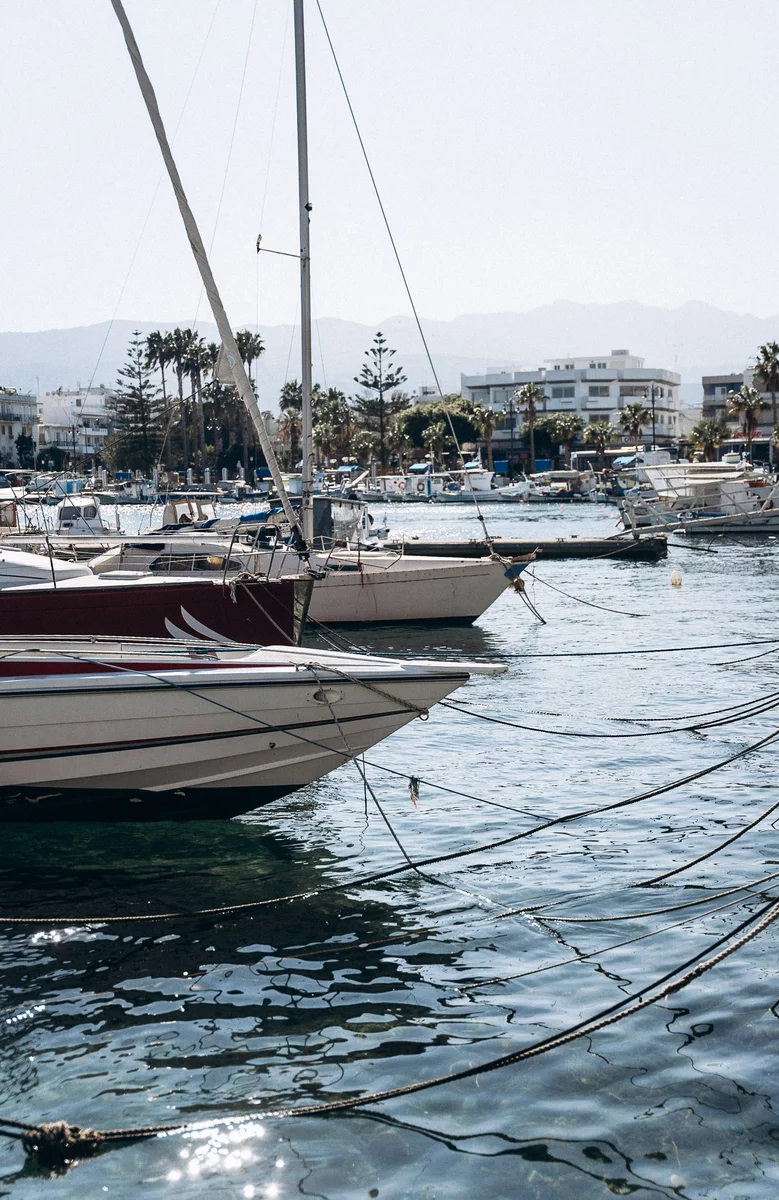
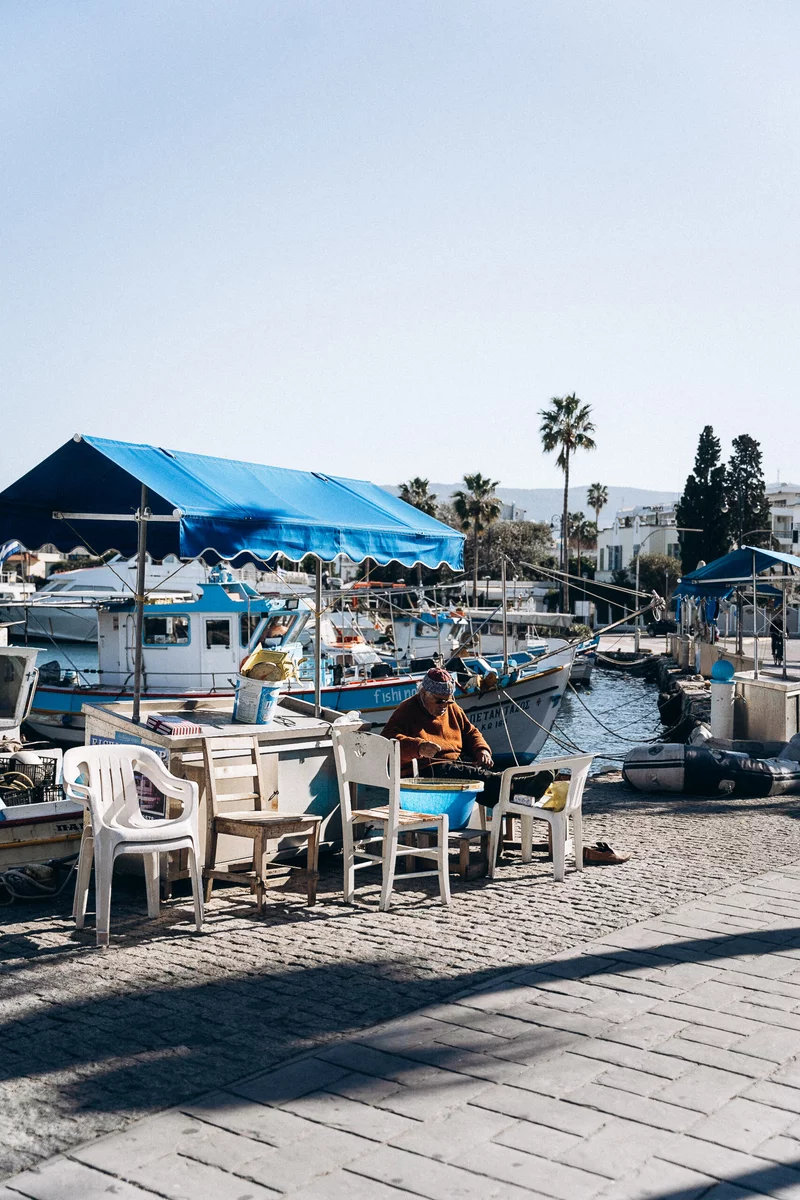
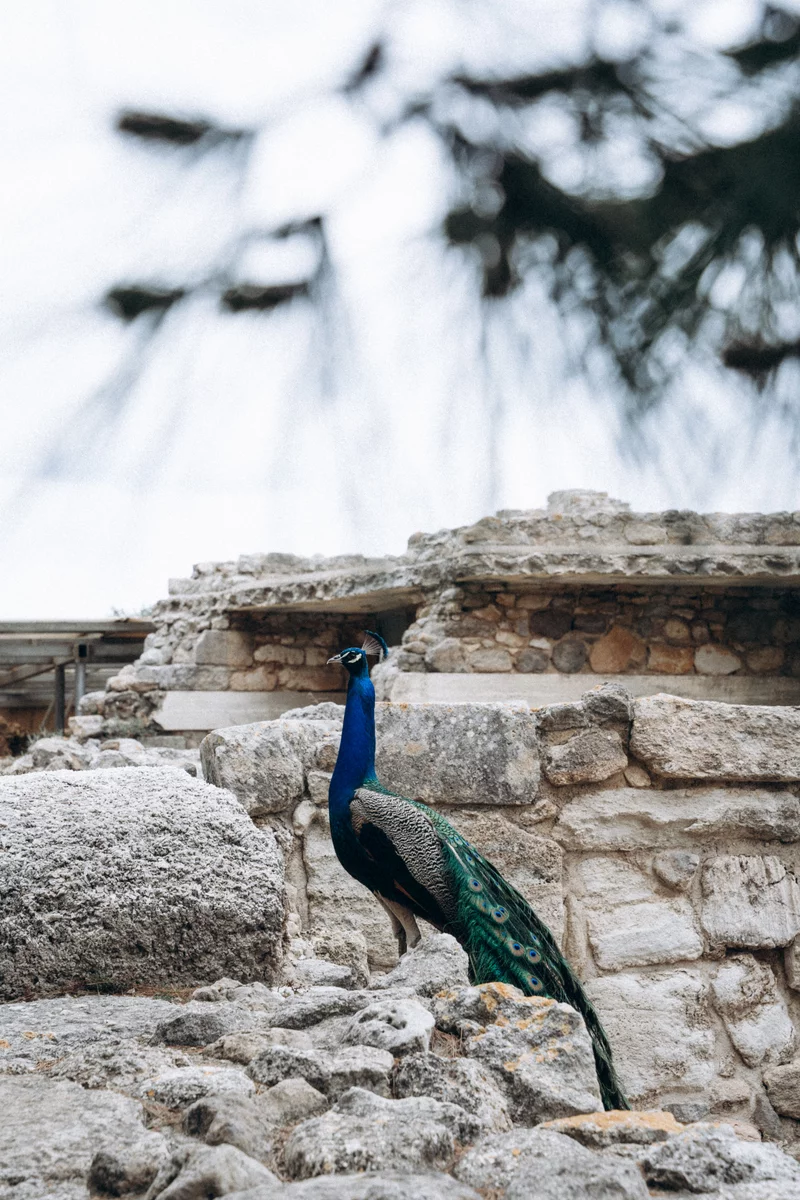
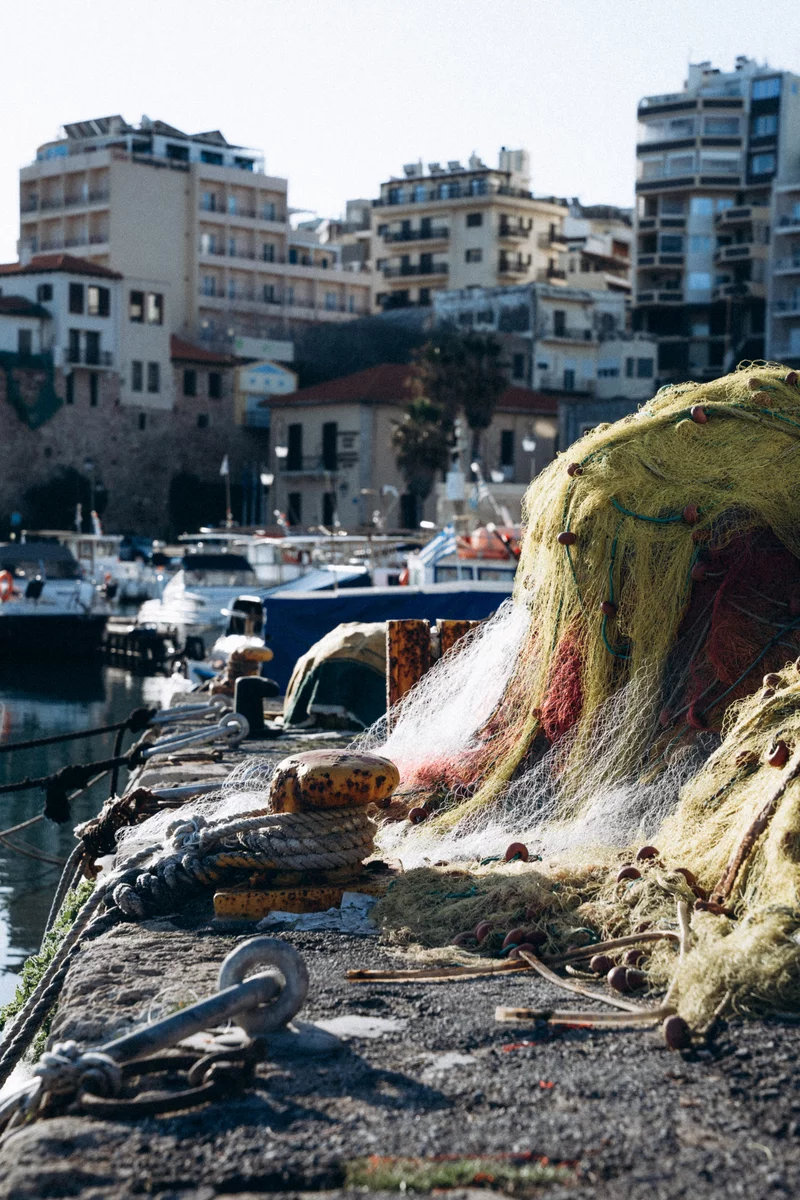
— Based on my experience, for a more comfortable adaptation, routine, cozy things at home and socialization are necessary. Therefore, the first thing I do is pay attention to the organization of these aspects: I walk a lot, compare prices in stores, read about the features of the place, try to communicate with the locals. Now I am preparing documents for a residence permit.
On the island where we live, housing can be found without problems in the fall — later the supply is significantly reduced, because most homeowners begin to rent out their apartments to tourists on a daily basis. In general, there are few options, but you can find them. As for the cost, in the fall I saw options costing 350 euros for a one-room apartment, in winter — 500 euros for two rooms.
In general, living in Greece is more expensive than in Belarus and Georgia, but cheaper than in other European countries.
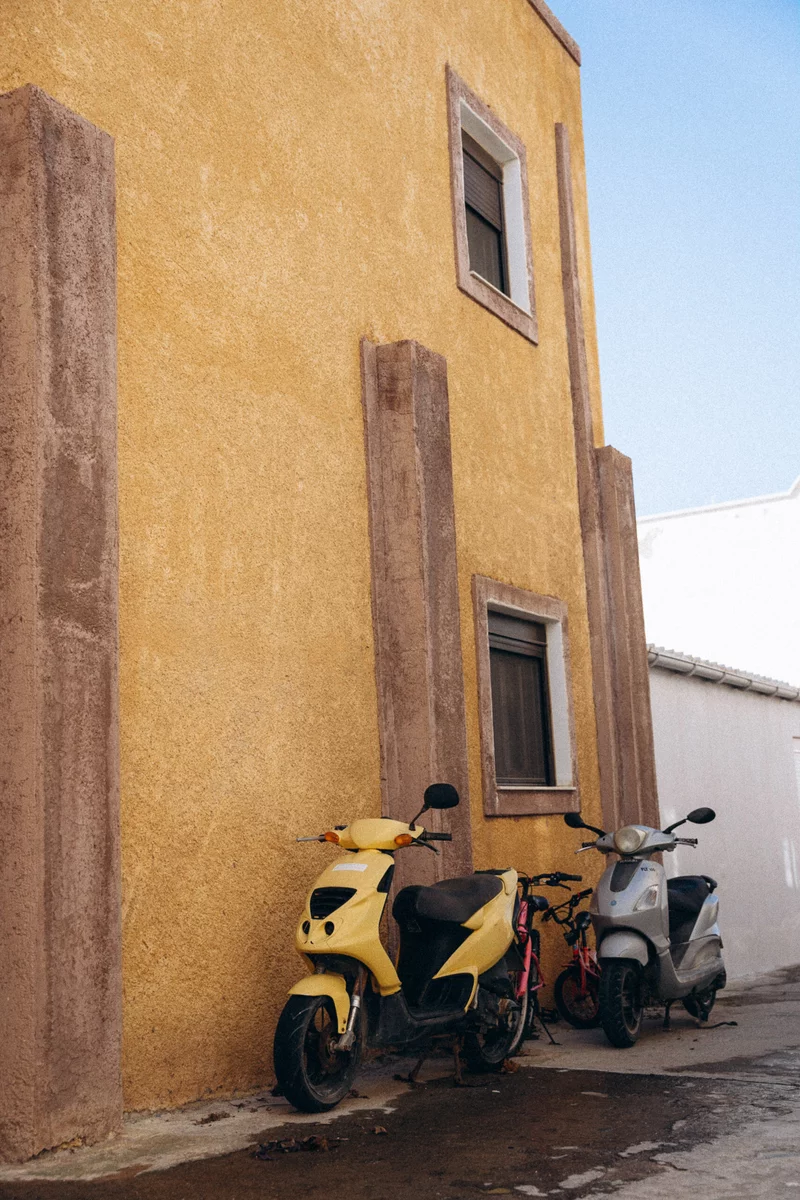
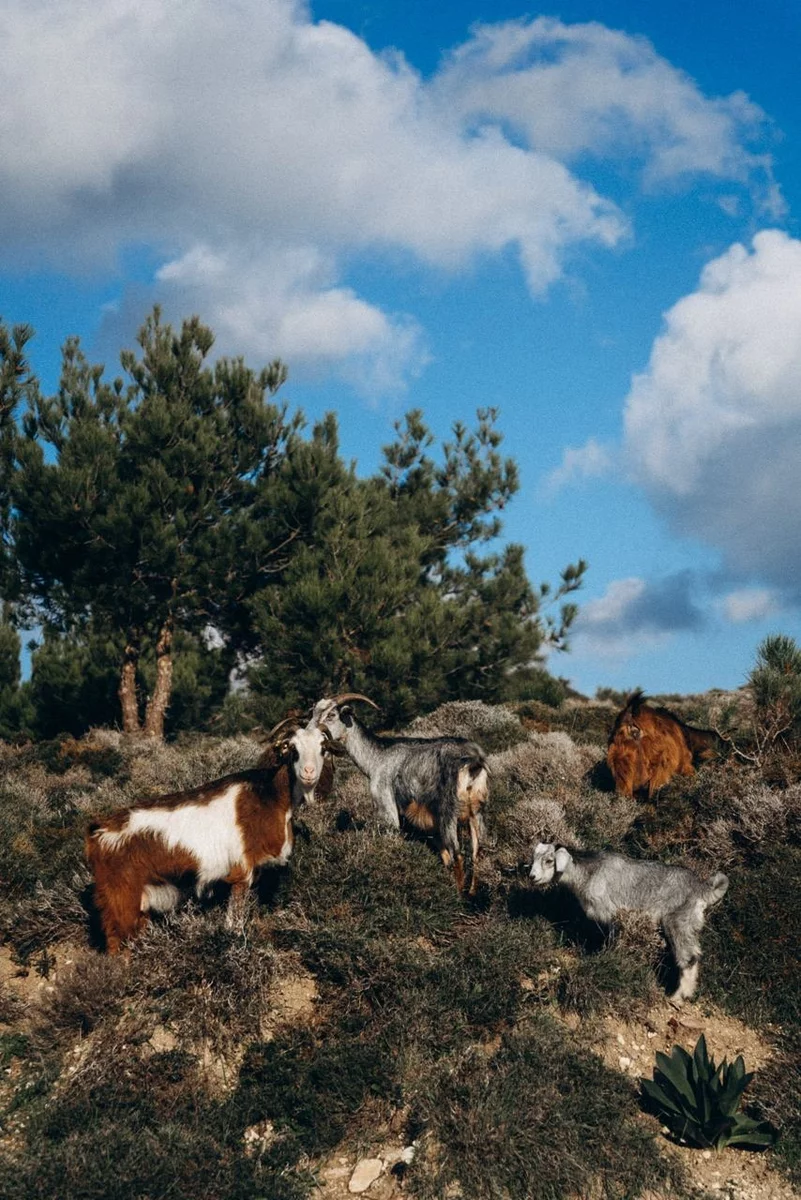

— Among the advantages of living on Kos, it is certainly worth noting the beautiful sea, plenty of sun and a very relaxed, unhurried pace of life. We also liked the beautiful and cheerful local people. By the way, they are very open, smiling and loud. Family traditions are highly valued and respected. They know how to work hard, but also remember to relax, have fun and eat delicious food. They travel mainly within Greece itself.
Among the shortcomings, I can note some sluggishness when solving everyday issues and communicating with representatives of various services.
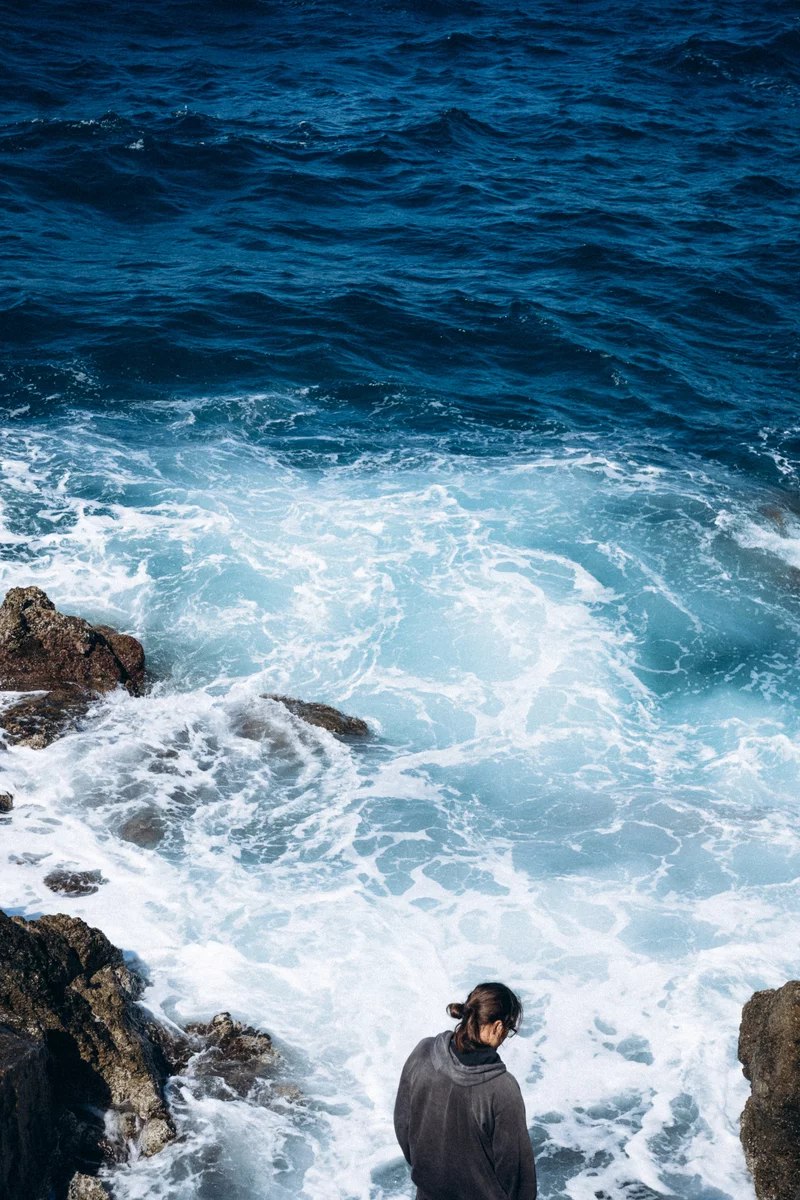
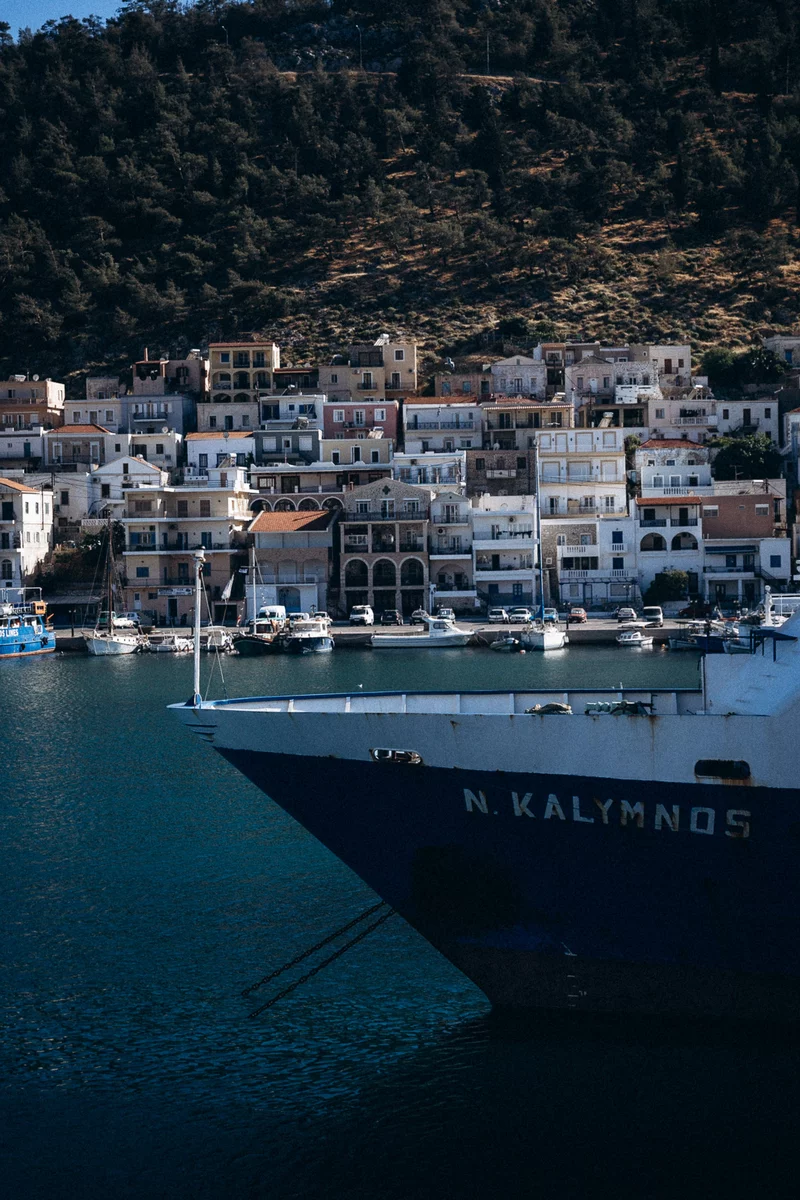
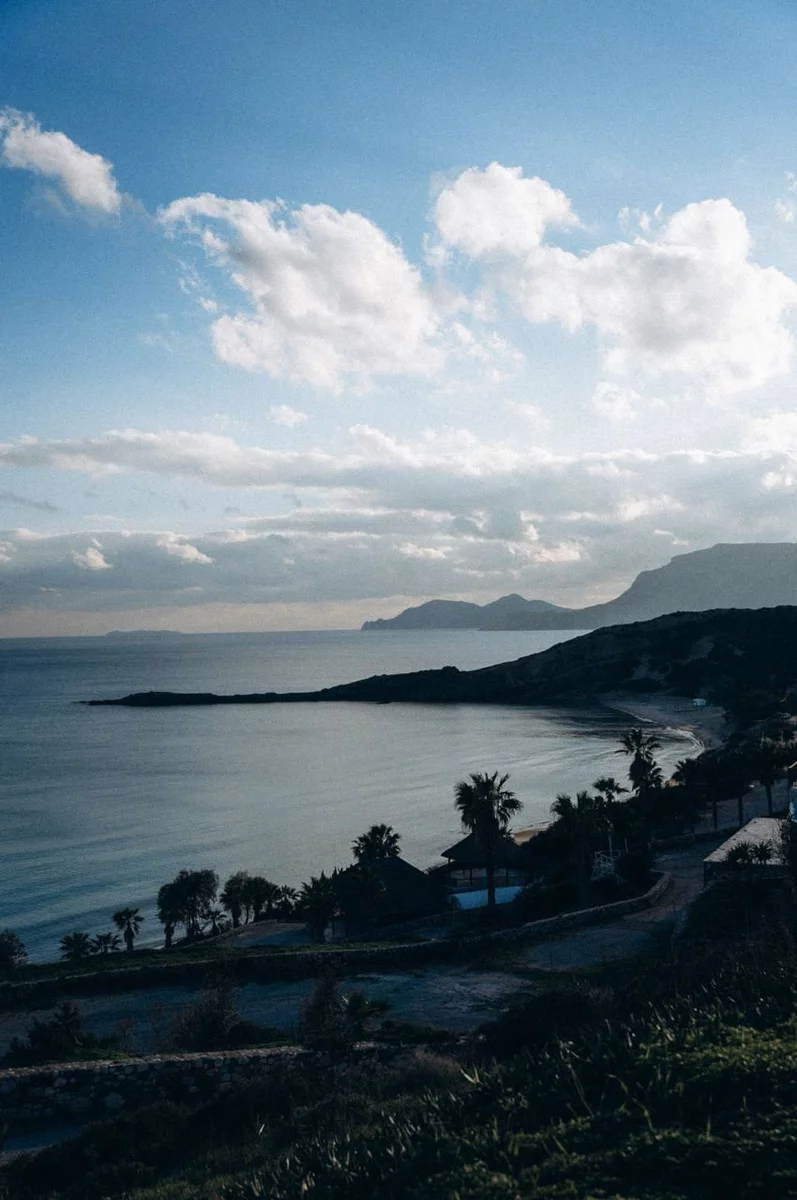
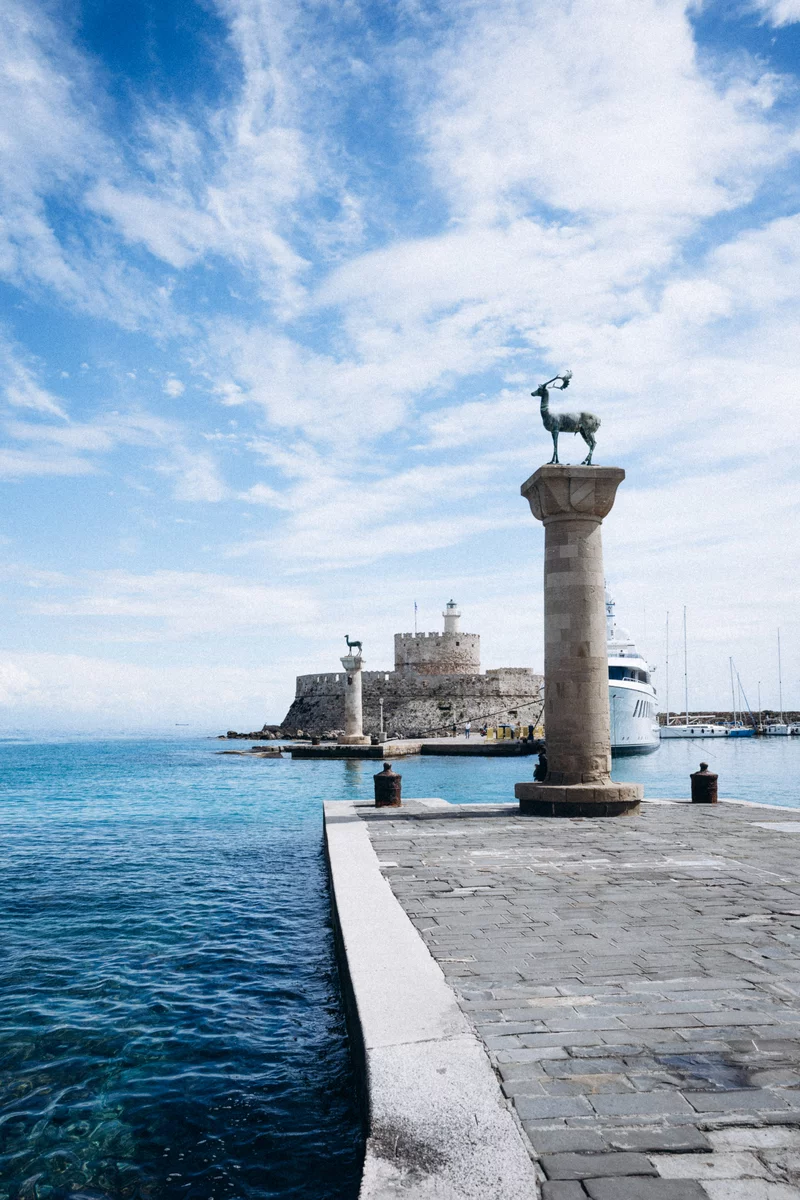

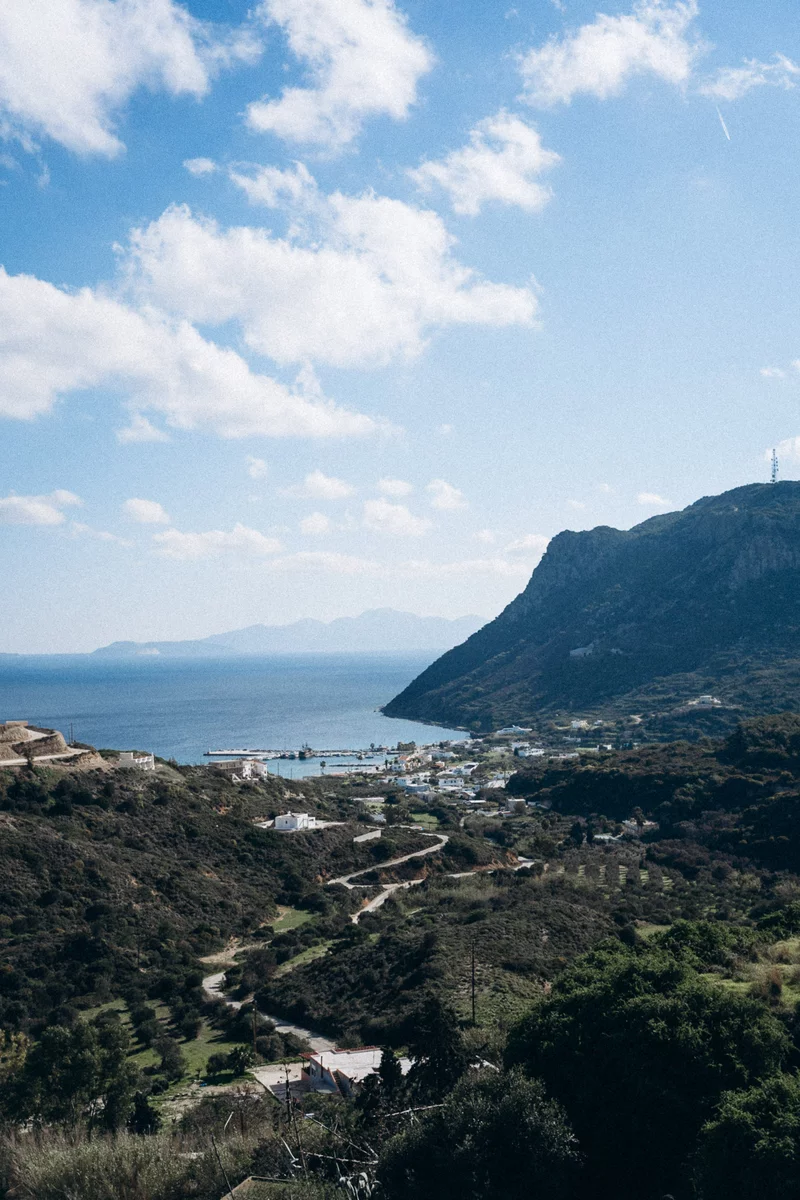
Here I am always in a good mood, a desire to live and enjoy the singing of birds
Waiting for a residence permit, choosing housing and rental costs
— My name is Ilya, I’m 36 years old. My wife and I live in Greece under a residence permit of a financially independent person. By this point, I have already visited about 40 countries: I lived in Crimea, lived for some time in Germany, the Baltic states, and for the last year and a half I have been a happy resident of Thessaloniki.
The process of moving to Greece was both easy and difficult. On the one hand, there are quite clear and understandable requirements for migrants, a complete absence of corruption and any fears when communicating with the police and migration services. But on the other hand, it is very difficult to do without professional translators, because all document flow is carried out exclusively in Greek. There is also a significant bureaucratic component - all issues and requests are resolved extremely slowly.
I even tried to understand why this was happening, and found out that the reason for the bureaucracy (in addition to southern sluggishness) is a banal lack of personnel — Greece has a memorandum with the EU on “not bloating” the state apparatus.
As a result, I spent about 3 months collecting the full package of necessary documents to apply for a residence permit, and then waited for almost another six months until the residence permit itself was ready. While waiting, the applicant receives a so-called VEVEOSI waiting list and can enjoy all the benefits of his residence permit, except for the opportunity to travel visa-free within the Schengen area.
However, it should be noted that I opened an account in a Greek bank and received a tax number from the tax office back in 2021. What also made my move easier was that in major cities and tourist regions, most Greeks under 50 speak English well.
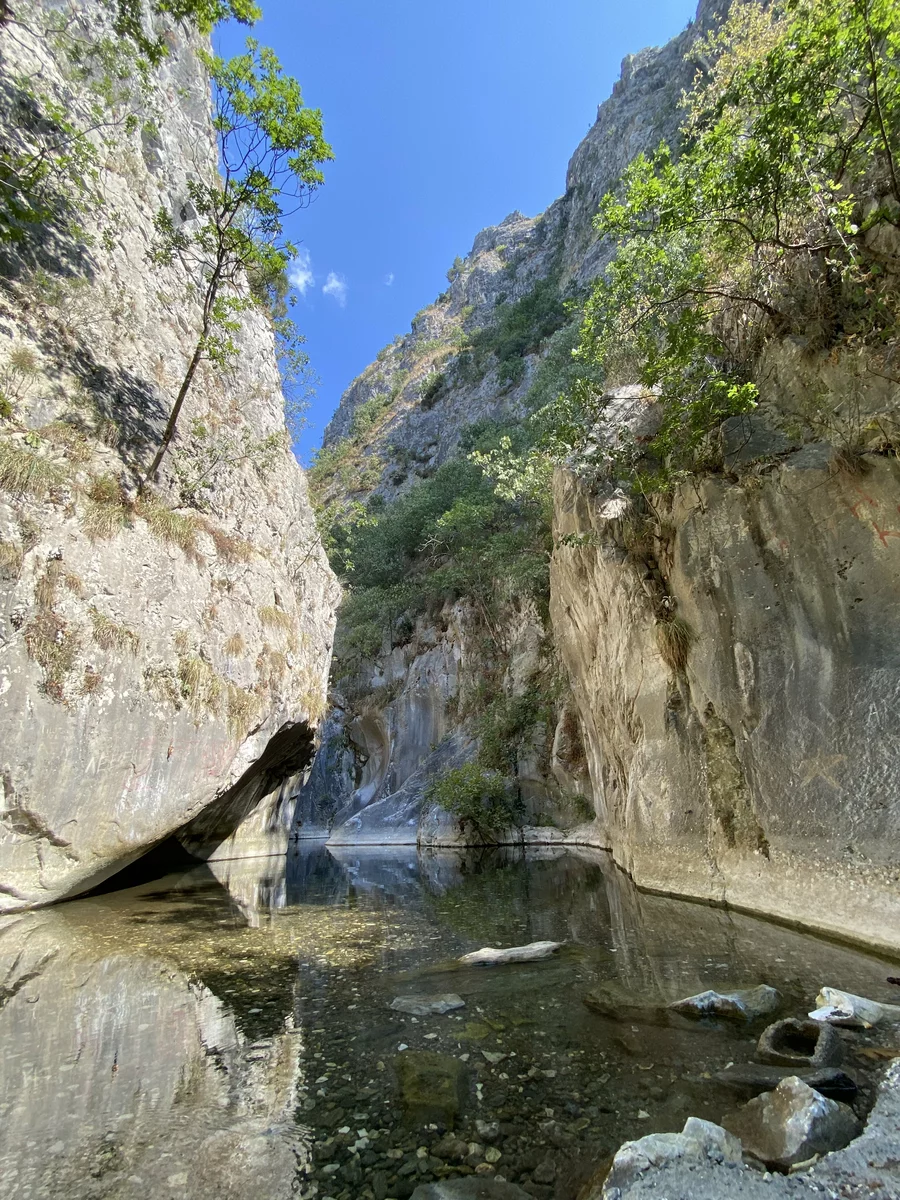
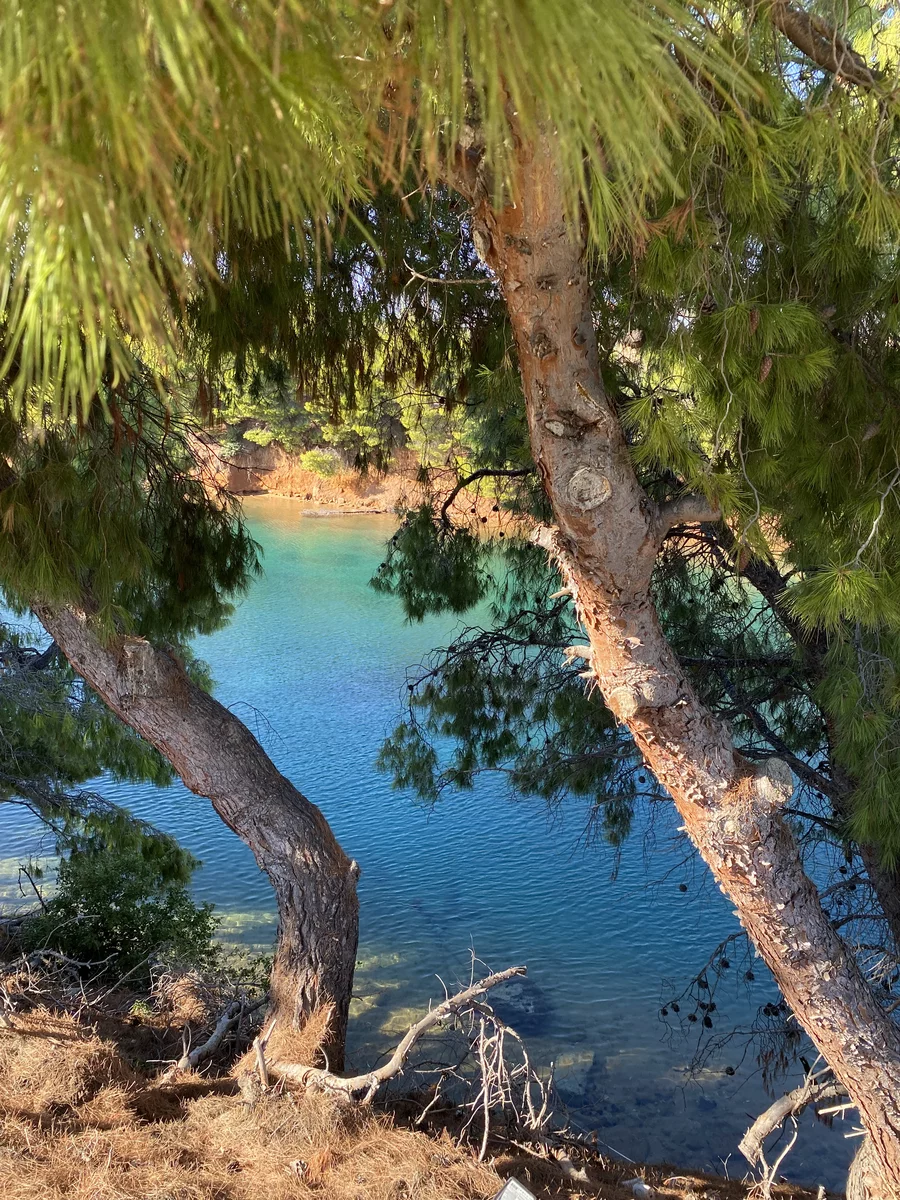
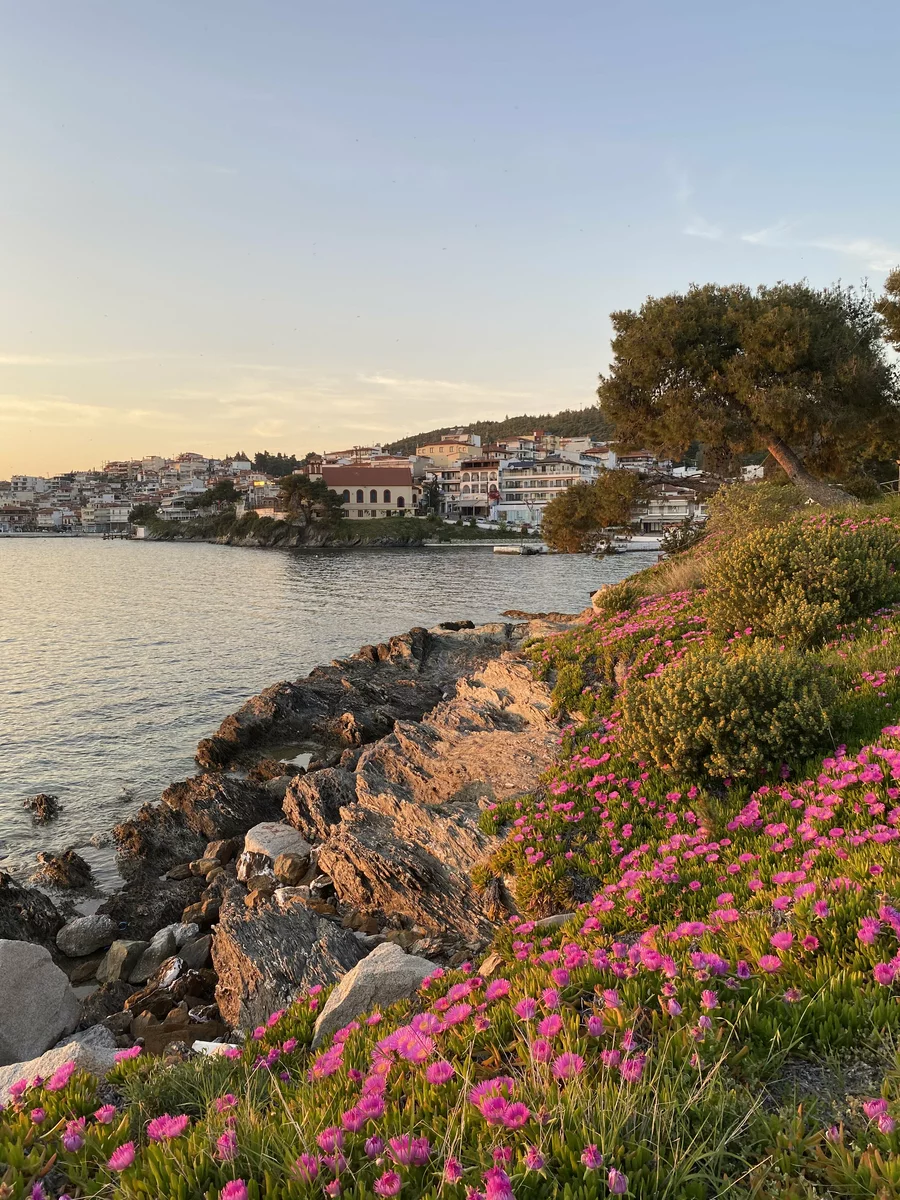
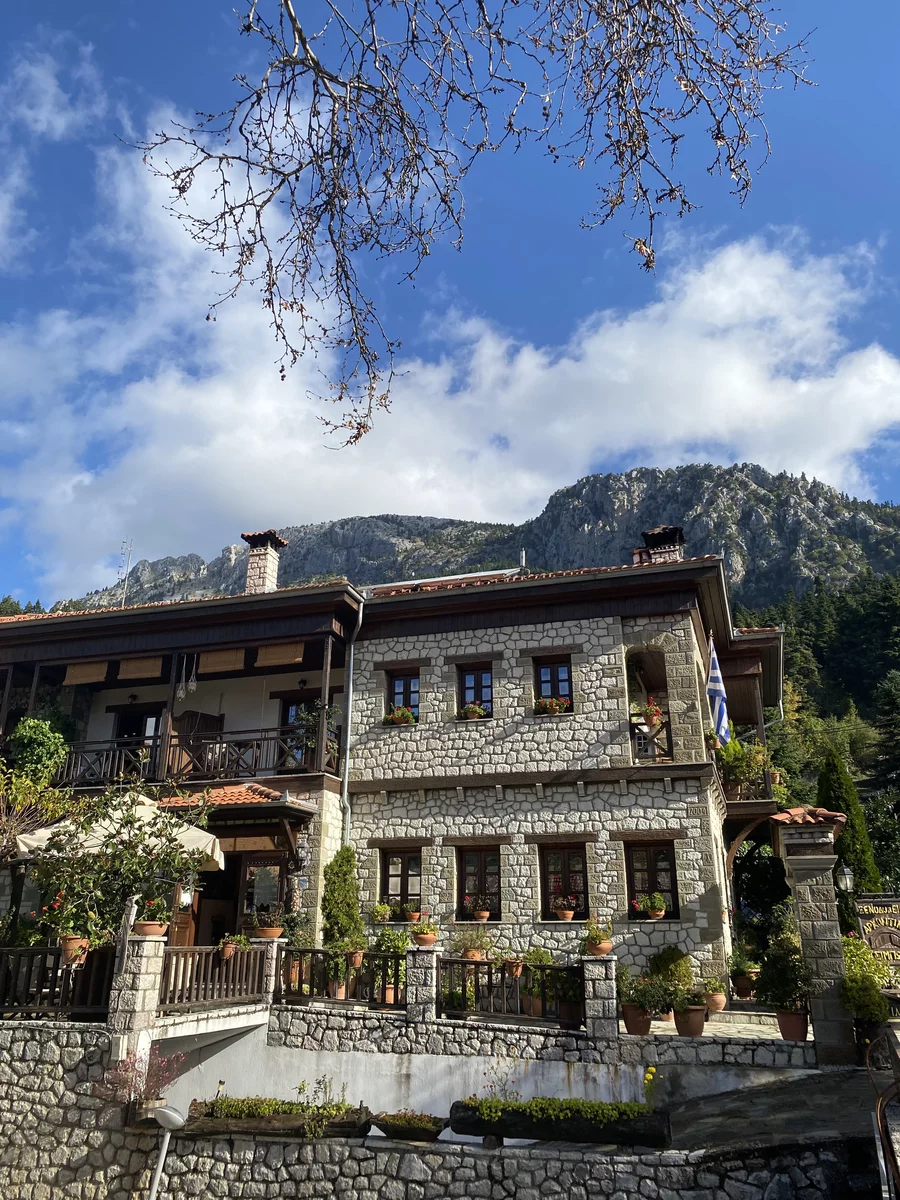
— I settled in an area that is 4 kilometers from the sea and it was one of my best decisions. There are practically no tourists and onlookers, beggars, homeless people, pickpockets, immigrants and gypsies. There are no problems with parking, there are no traffic jams, there is practically no crime or theft.
I very carefully chose the apartment in which I wanted to live, as I was intimidated by large utility bills. I didn’t choose an apartment on the ground floor (there is usually a communal parking lot below and the floors get cold), not in a corner house (wind and lack of shade in summer) — I chose a newer house and always with an energy efficiency rating of at least B+, with gas individual heating (preferably in the form of heated floors), with balconies NOT on the south side, and it is desirable that the balconies are opposite each other (air movement).
And in the end, I pay for water + gas + electricity no more than €75 per month (I have two bedrooms, three balconies and a powerful air conditioner). Additionally, I pay for Kinokhristo (maintenance of the house) ~35€ per month and unlimited wired fiber-optic Internet (€14 for 100 megabits or €24 for 200 megabits). Typically, all utility bills + internet rarely go beyond €130 per month.
As for the cost of rental housing , it varies greatly depending on the area, the newness of the house, the presence of renovations, energy efficiency class and, of course, the views from the windows. For example, my neighbor pays only 500 euros per month for an apartment of about 40 sq.m. But another neighbor rents a partially furnished penthouse apartment with two air conditioners, heated floors, private parking and stunning panoramic views of the city and port for 850 euros per month.
Real life, pros and cons
— As soon as I settled in Greece, the reality of life here turned out to be much better than I initially expected. The Greeks are truly incredibly friendly and polite people. They are completely non-aggressive and non-xenophobic towards foreigners.
During these 1.5 years, I managed to make many good Greek friends who literally showered me with care, gifts and kindness. I’ll describe a typical day: I’m given a melon and 6 kouluri (a delicious traditional ring with seeds) or treated to six cutlets and tahini (sesame paste), repeatedly asked how I’m doing and how I can help. I have never encountered such hospitality anywhere (except perhaps in Kazakhstan as a guest, but not a resident).
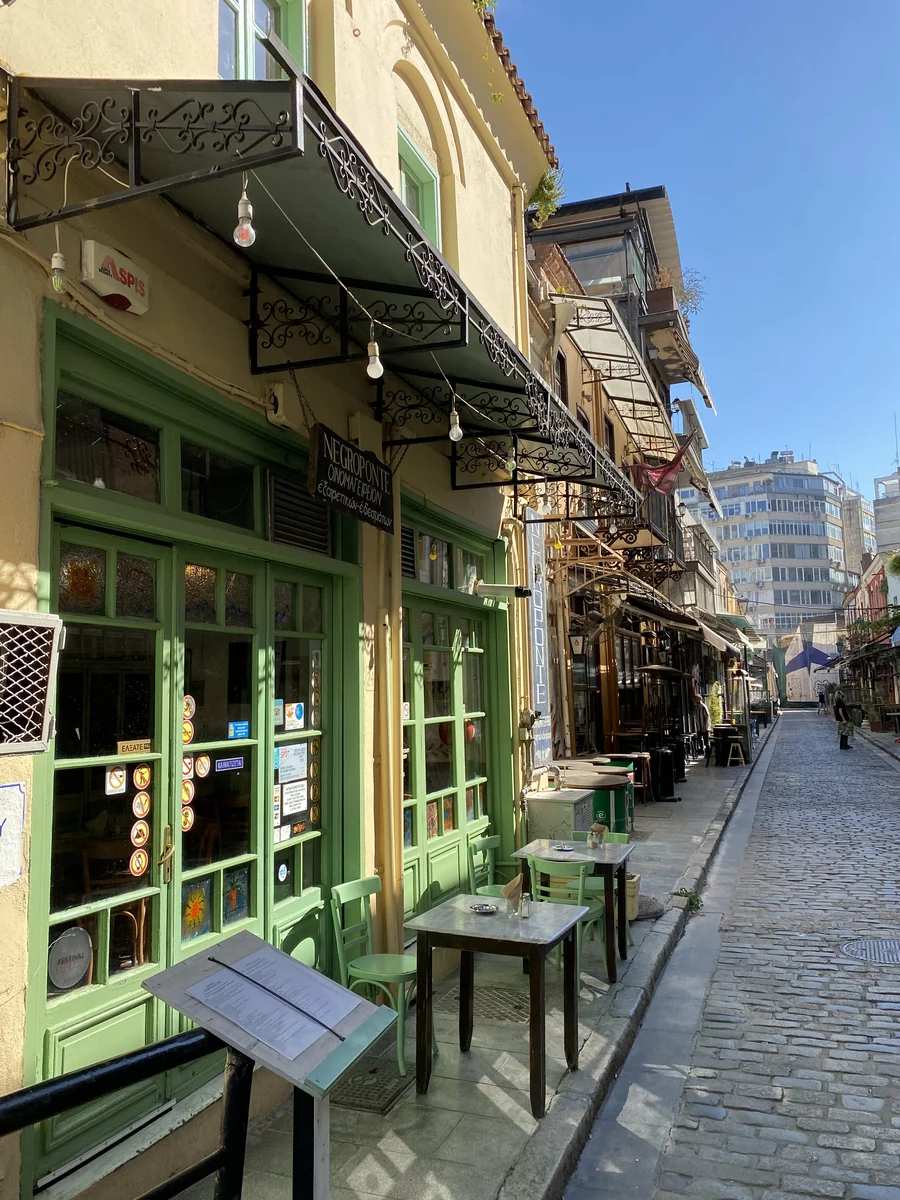
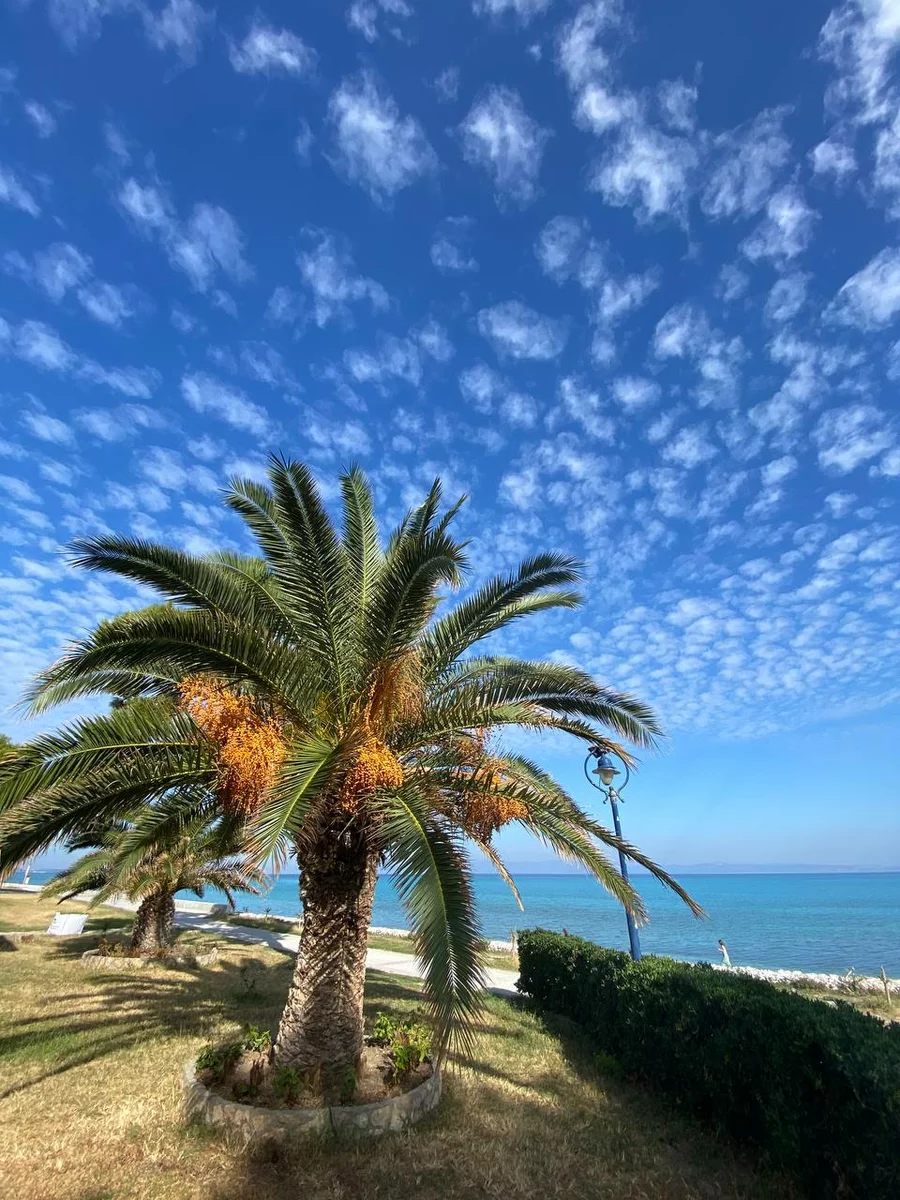
— As for the climate and natural conditions, this is simply paradise! The sun is very gentle and friendly, with low levels of UV radiation. During all this time, I never once put on warm clothes, never changed tires to winter ones, and practically never got sick.
We are pleased with the water, clean air and high level of safety. The main thing is not to settle near the airport, seaport or in the center of large cities (due to traffic jams).
And, of course, the sea — there are a huge number of beaches with a blue flag: either pebble, sandy, equipped with sun loungers, or wild — for every taste!
Here I always have a good mood and well-being, a desire to live and enjoy the singing of birds (canaries live in every third house here). The only month that seemed unbearable to me was August. At this time in Greece it is extremely hot and there are very, very many tourists.
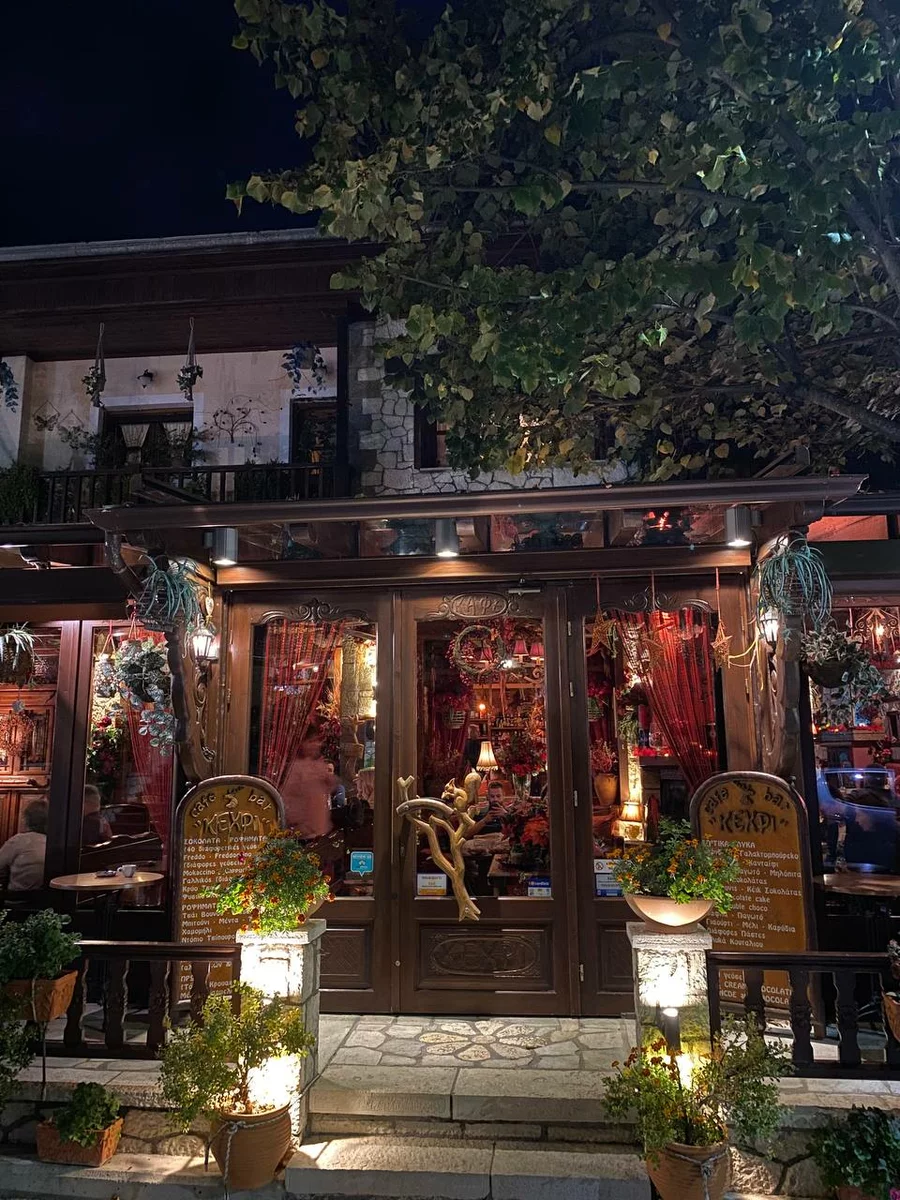
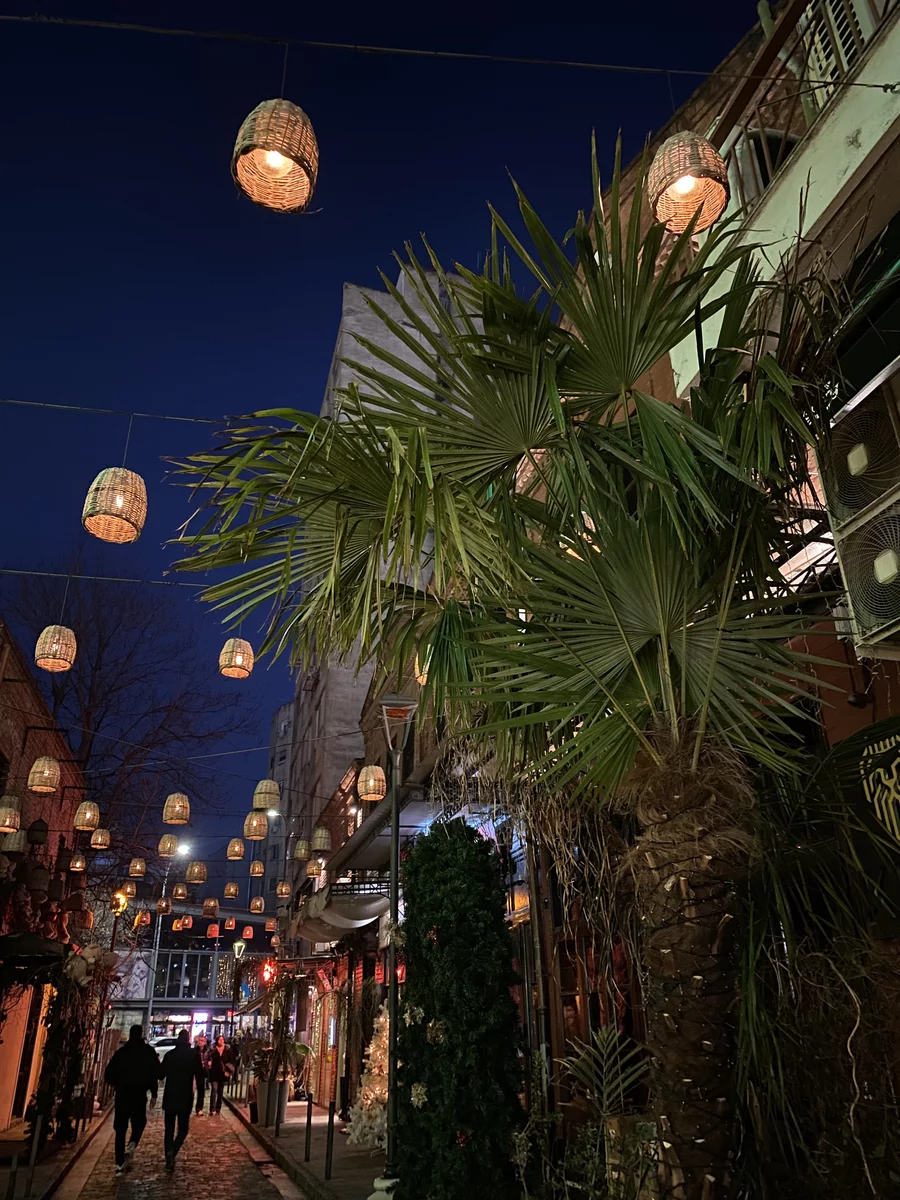
— In addition to the hot August and bureaucracy, some of the difficulties that we had to face and get used to were garbage and graffiti, difficult Greek language, difficulties with parking on narrow streets, and the initially unusual style of local driving. For me, perhaps, these are all the disadvantages of Greece.
Someone else will mention low salaries (the average salary before taxes is about €1,400), but I don’t consider this a minus. I’ll try to explain: Greece is going through a protracted economic crisis that has lasted for more than 15 years, but from the point of view of emigration, this is a plus:
- low cost of rental housing (compared to Germany);
- no queues for rent;
- no complicated rental interview (Spain);
- affordable cost of purchasing a home (again, in comparison with other countries);
- low cost of utility bills (Greece is the EU leader in the implementation and self-sufficiency of renewable energy sources);
- low cost of services (a men's haircut for €6 at a hairdresser is still a reality!);
- low cost of paid parking;
- low taxes for those who decide to change their tax residence to Greek for the first time (discount on taxes for a certain number of years).
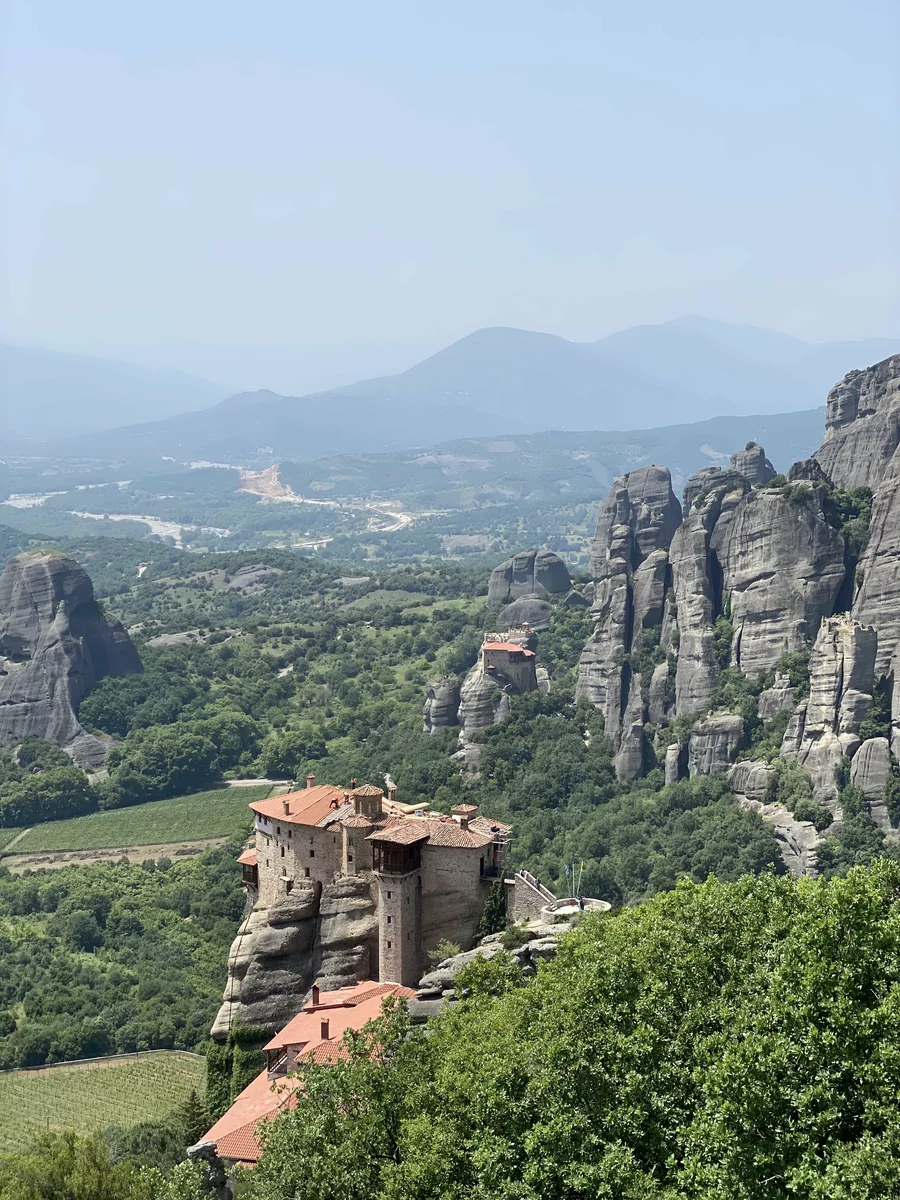
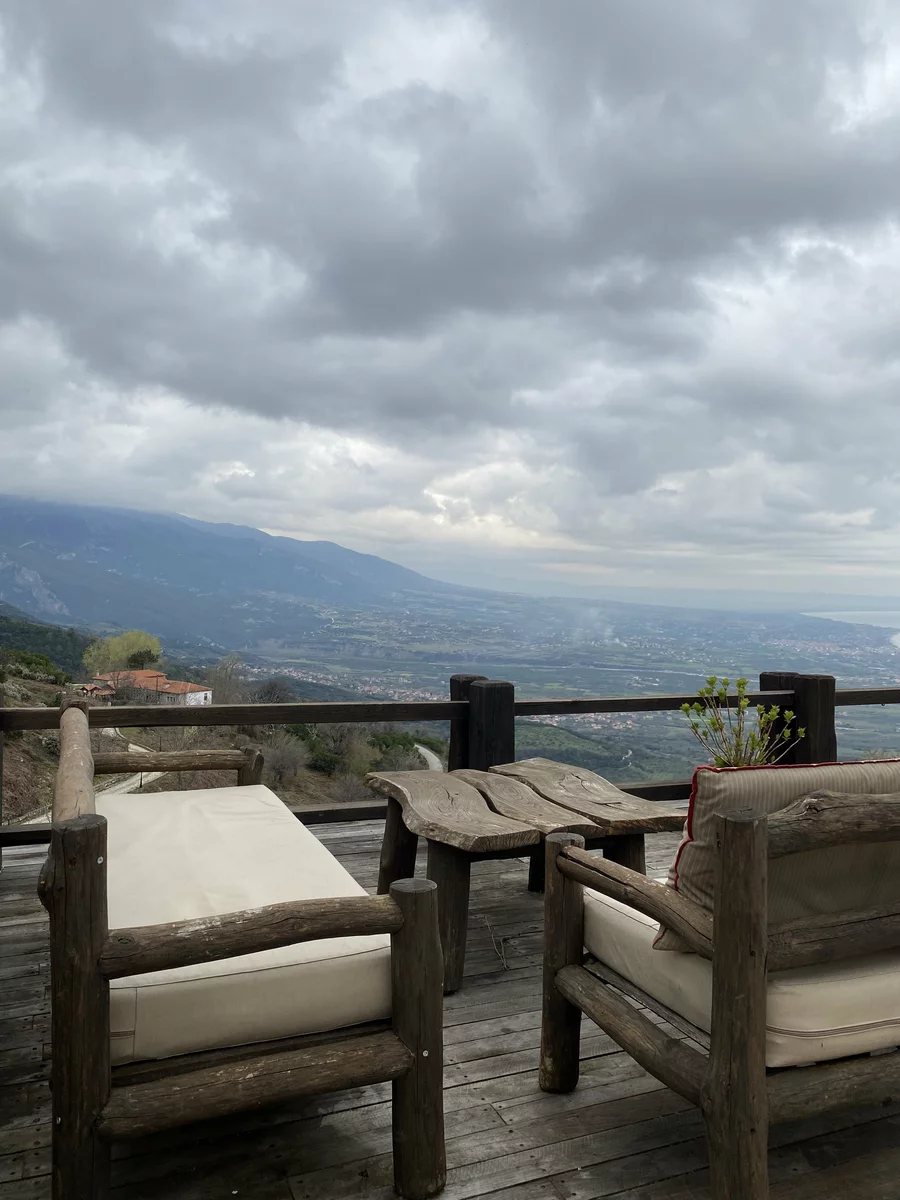
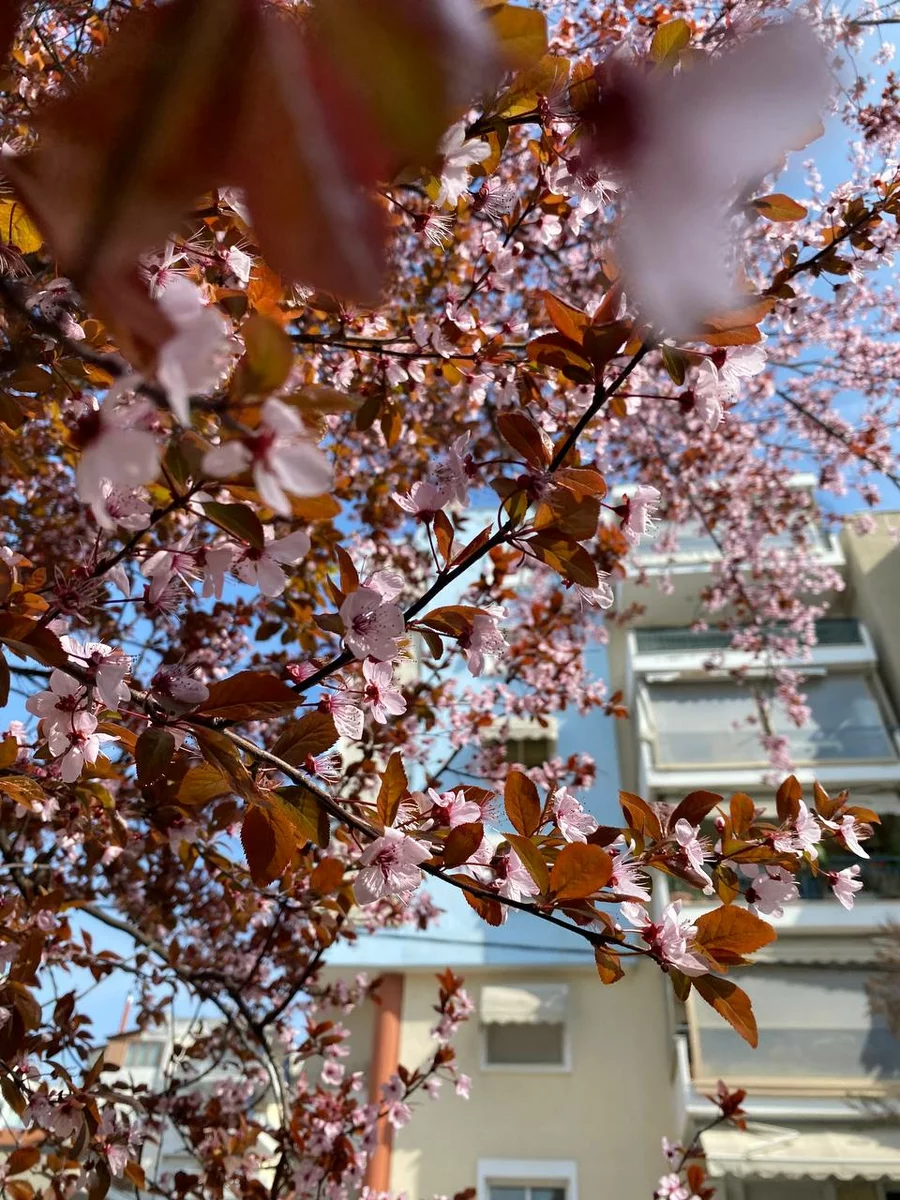
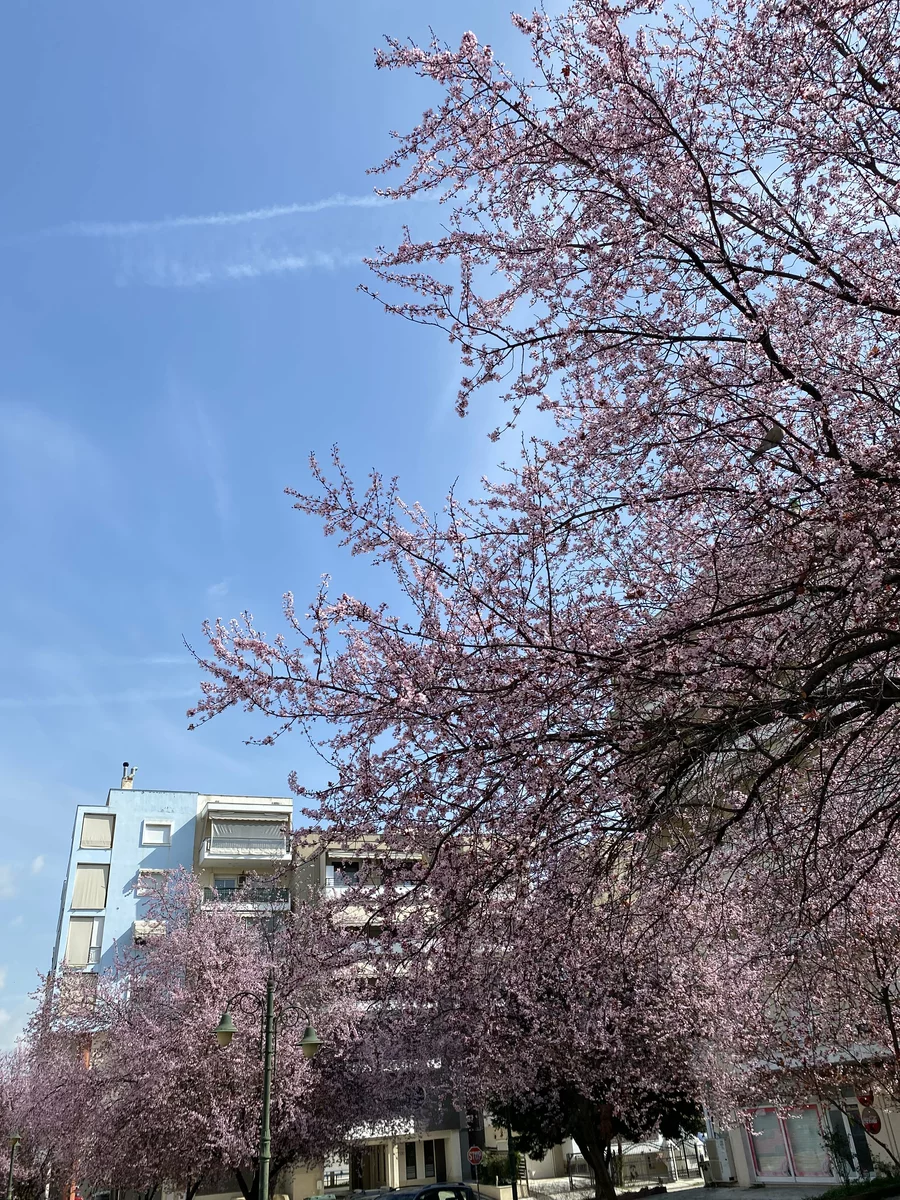
Cost of living, food and smells of Greece
— It’s worth mentioning the amazing quality of food products produced in Greece! Local cherries, figs, kiwis, peaches, fish, seafood, the famous feta, lamb, olives and olive oil are rightfully included in the world's top lists as the best in their categories. The only weak points in this regard are plums, apricots, chicken, pork, sausages and semi-finished products — Greece does not specialize in these products.
I practically never buy groceries in regular supermarkets. Once a month I make large purchases in THE MART hypermarkets (much cheaper than LIDL), I prefer to buy meat in specialized butcher shops (Kreopolio), and I buy fresh farm products at traditional weekly fairs (Laiki Agora) or directly from local producers. Here is a small price breakdown for different products and eating out:
- Olives are large — €4–6 per kilo for huskies by weight.
- Feta — from €10.7 per kilogram in special. stores
- Prosciutto — from 13 € per kilogram at THE MART.
- Large imported shrimp — from €9.9 per kg on huskies.
- Salmon steak — from €14 per kilogram on huskies. Local fresh sea fish — €6–10 per kg. on likes.
- Zucchini — €0.5, greens — €0.5. Oranges — €0.67, kiwi — €1.
- Eat local kebabs on skewers (Souvlaki from Thessaloniki) “from the belly” in a regular café — up to €20 for three with drinks.
- Takeaway coffee — from €1.4 for a μόνο latte or from €1.5 for a cappuccino.
— Continuing the topic of prices, I can note that we track the cost of gasoline using the local fuelGR application and fill up on average at €1.81-1.85 per liter. My car (specially purchased for Greek parking lots) “eats” 3.8 liters on the highway and up to 5 l. around town. The roads are generally not bad, I have never broken the suspension yet.
By the way, a metro has already been built in Thessaloniki. Very safe, modern, beautiful and technological (there is no possibility of falling on the rails, there are no drivers, and some stations are working museums). It will open on New Year's Eve 2025.
You can buy clothes in outlets or try to get discounts. There is a good local brand - Fanky Buddha. I recently bought myself 5 nice multi-colored t-shirts for the summer for ~12€.
Health care is nuanced. I prefer private medicine: ~1500€ without franchise per year per adult or ~750€ per child, and you will be pleased with the quality of local medicine, the absence of queues and plenty of attention.
Private English schools — from €700 per month. Private kindergarten — from €70 per month (extended group). Gym membership — from €70 per year (if visited at lunchtime).
Me and my friends not long ago compared the prices of living in different countries (the Netherlands, Austria and Greece), because my best childhood friend has been living in the Netherlands for a long time and has long received a local passport.
In total, we calculated that the minimum comfortable cost of living in these countries, in our opinion, looks like this (taking into account basic rent and utility bills) for two adults:
- Netherlands — €4250 / month.
- Austria — €3350 / month.
- Greece — €2150 / month.
With a child it will, of course, be noticeably more expensive.
— I also really like the smells of Greece! Good and aromatic coffee is served everywhere here, the smell of cinnamon and baking, flowers and perfumes is everywhere. No wonder Athens was recently named the most fragrant capital of Europe (due to the presence of a huge number of bakeries per capita).
The same cannot be said about the architecture. It’s clear that on the islands it’s magnificent! Corfu, Mykonos, Santorini are masterpieces! But many people have questions about the architecture of modern Greek cities — the same Athens and Thessaloniki...
I have nothing to add here, except that Greece has more than 1000 islands and stunning mountains (especially in the north of the country and the foothills of Olympus + Meteora). So, no one will be deprived of aesthetics!
In short, to say that I am satisfied with life in Greece is to say nothing. Although I have something to compare with. But, of course, there are also disadvantages. Where are they not?
Do you want to share your personal experience of relocating and living in another country? Email us at info@realting.com. We will be happy to tell your story.
Author
I am responsible for editorial work. I write expert interviews and guides.








